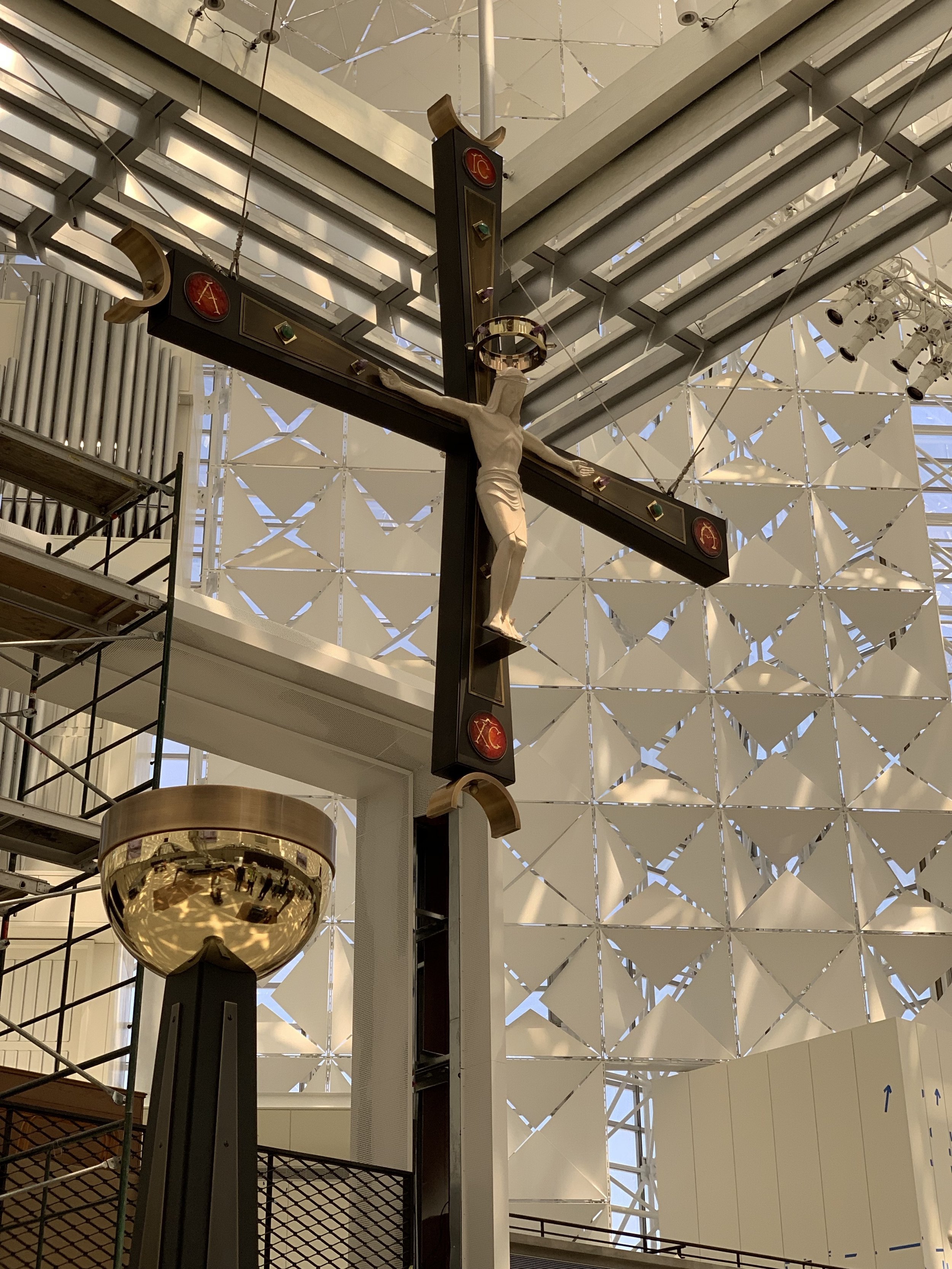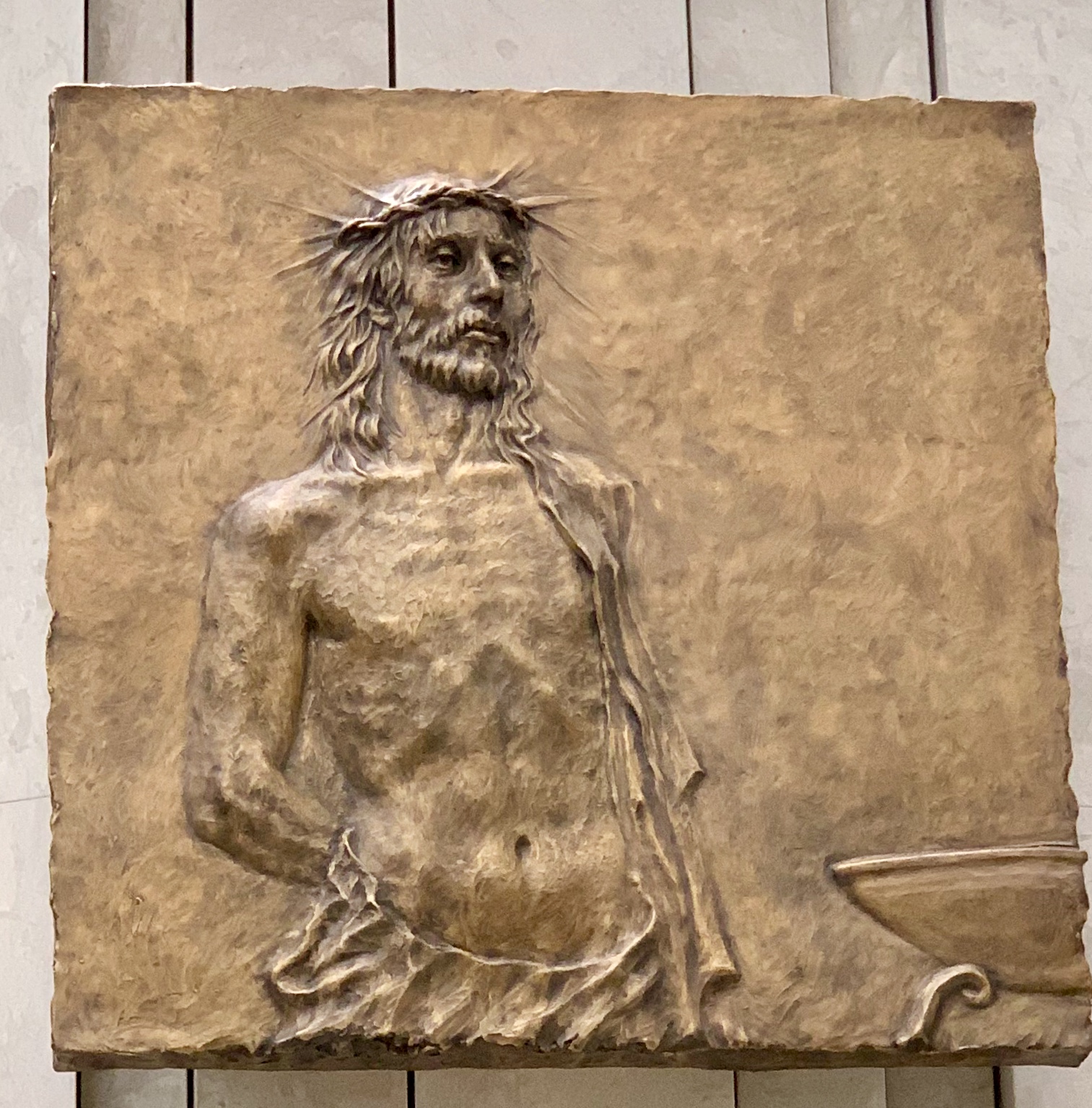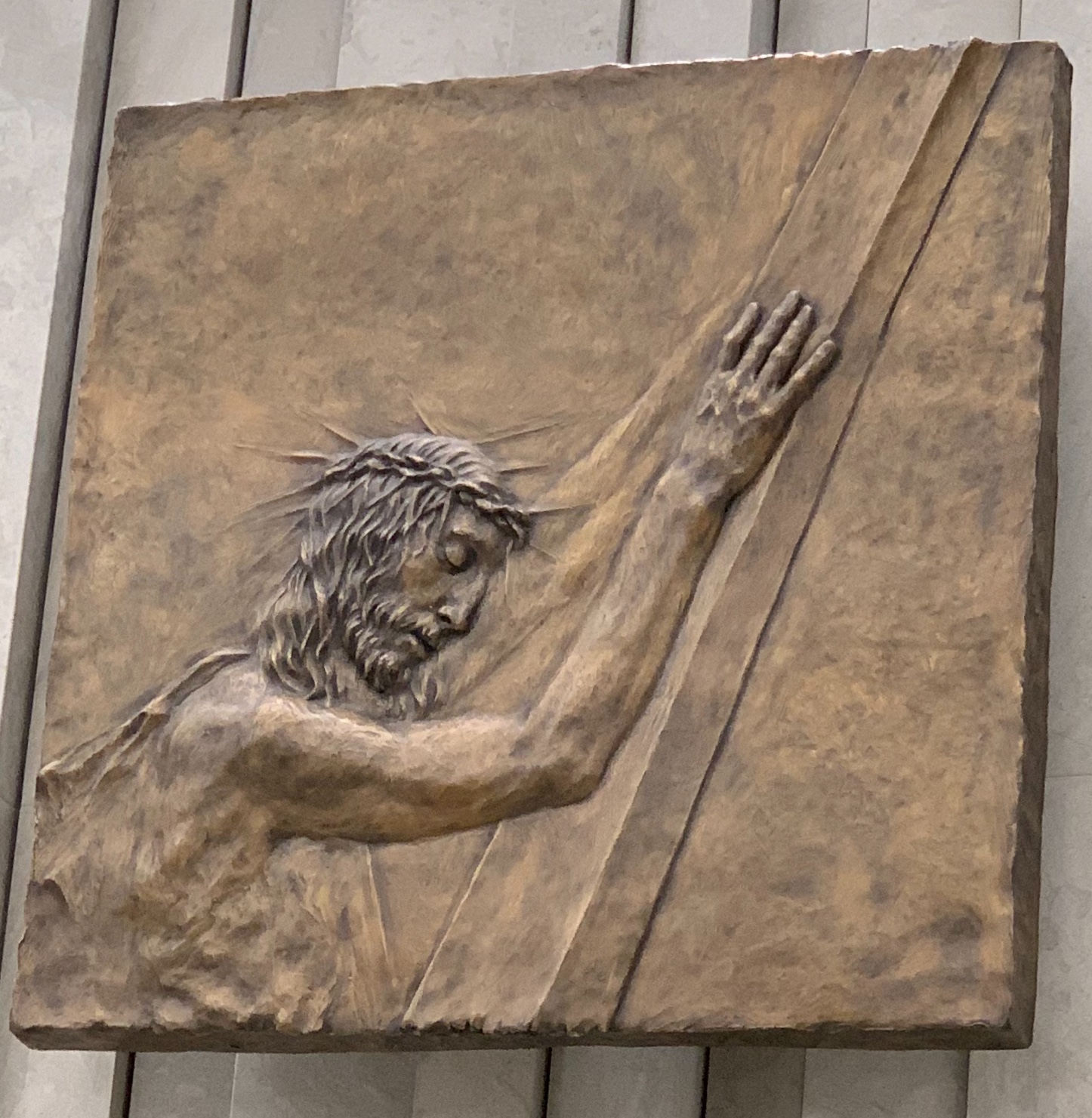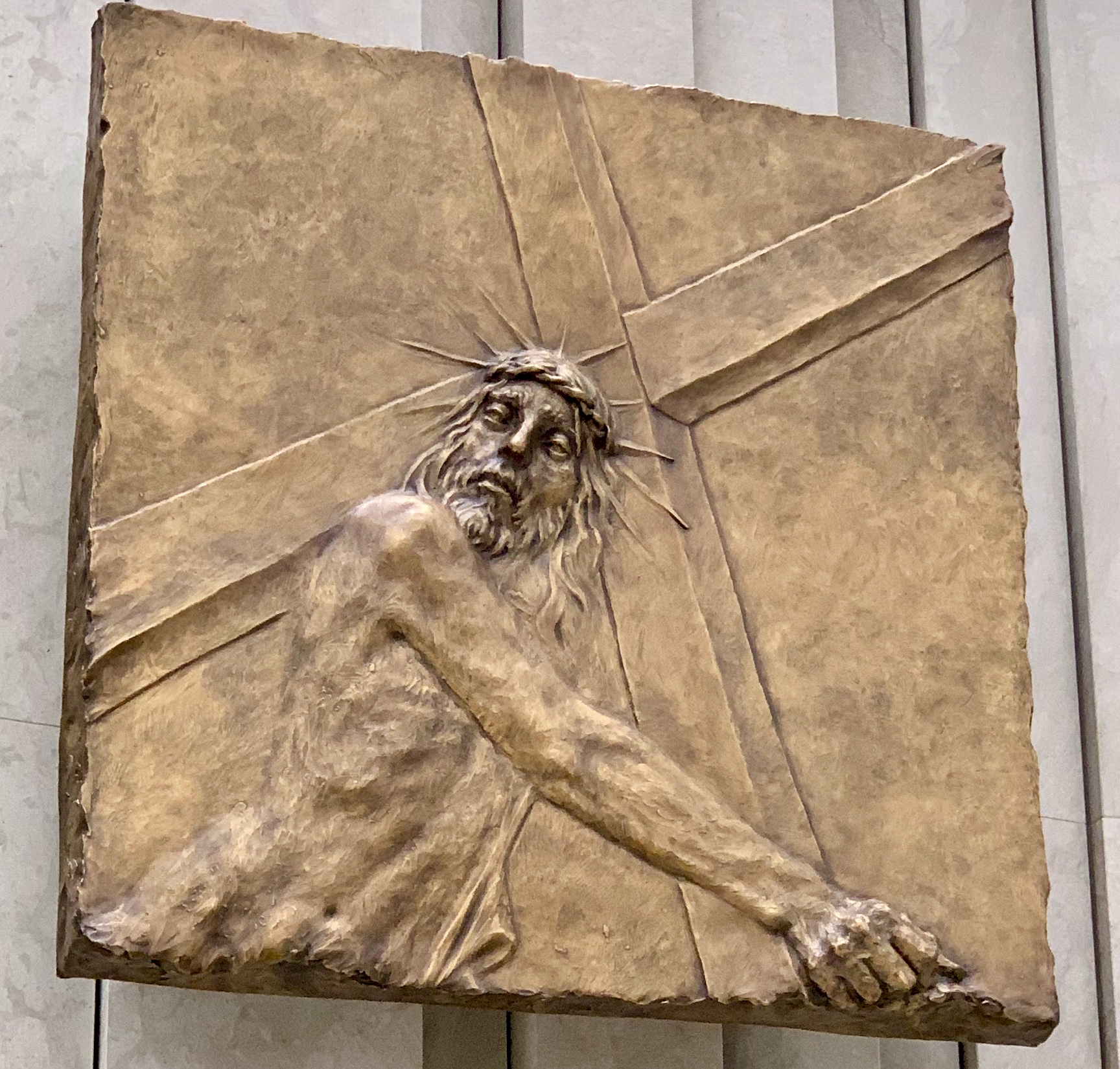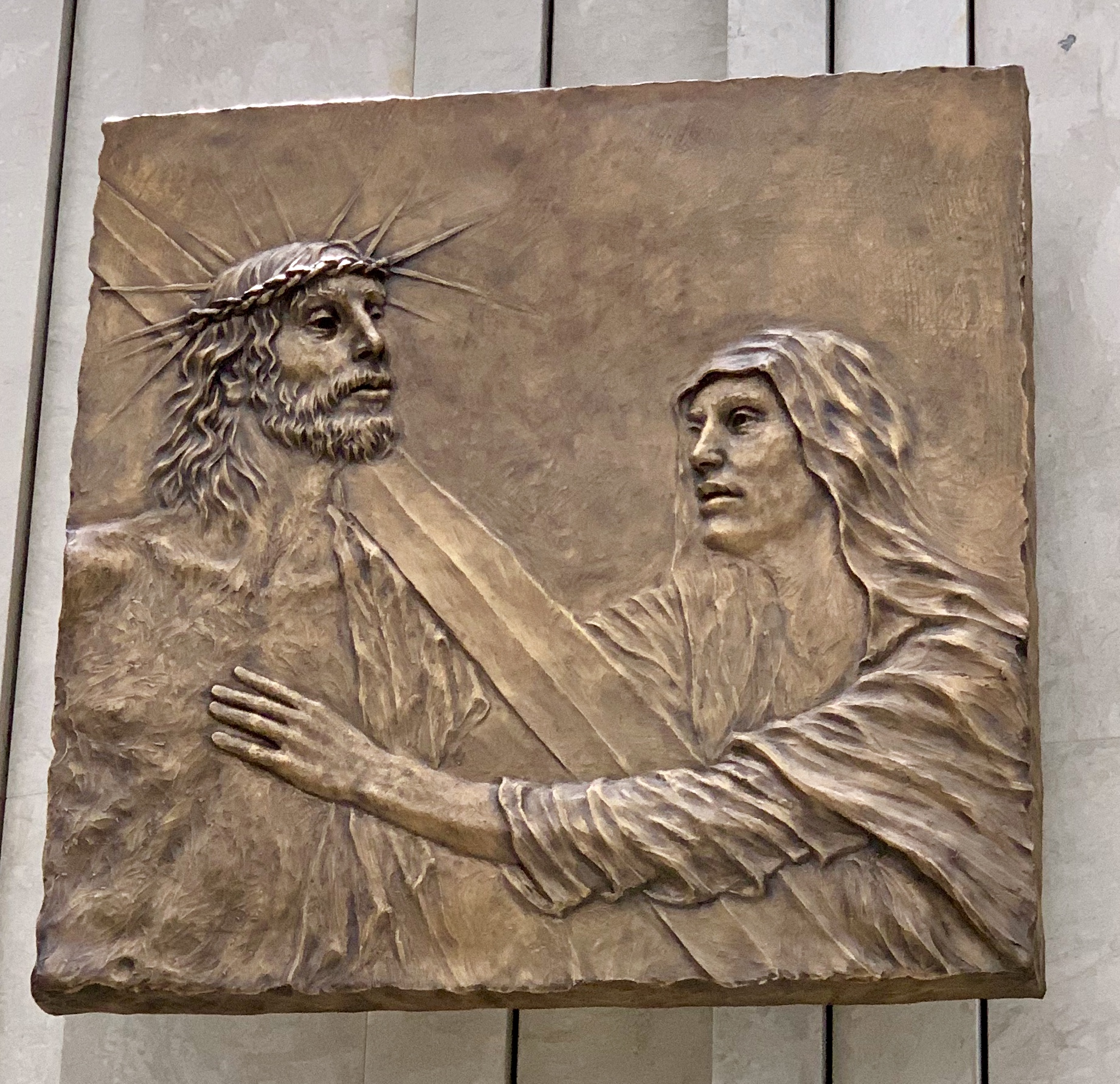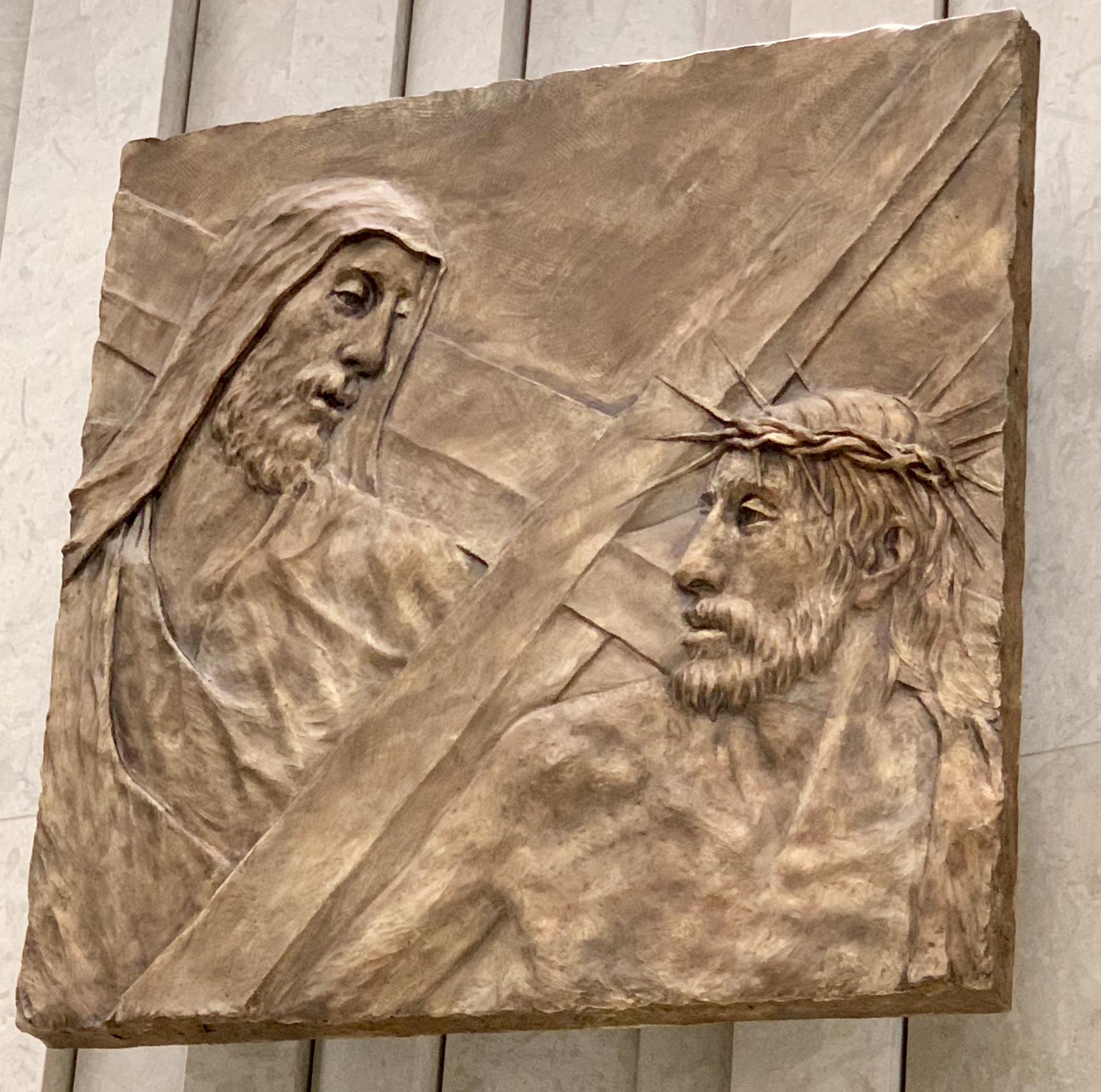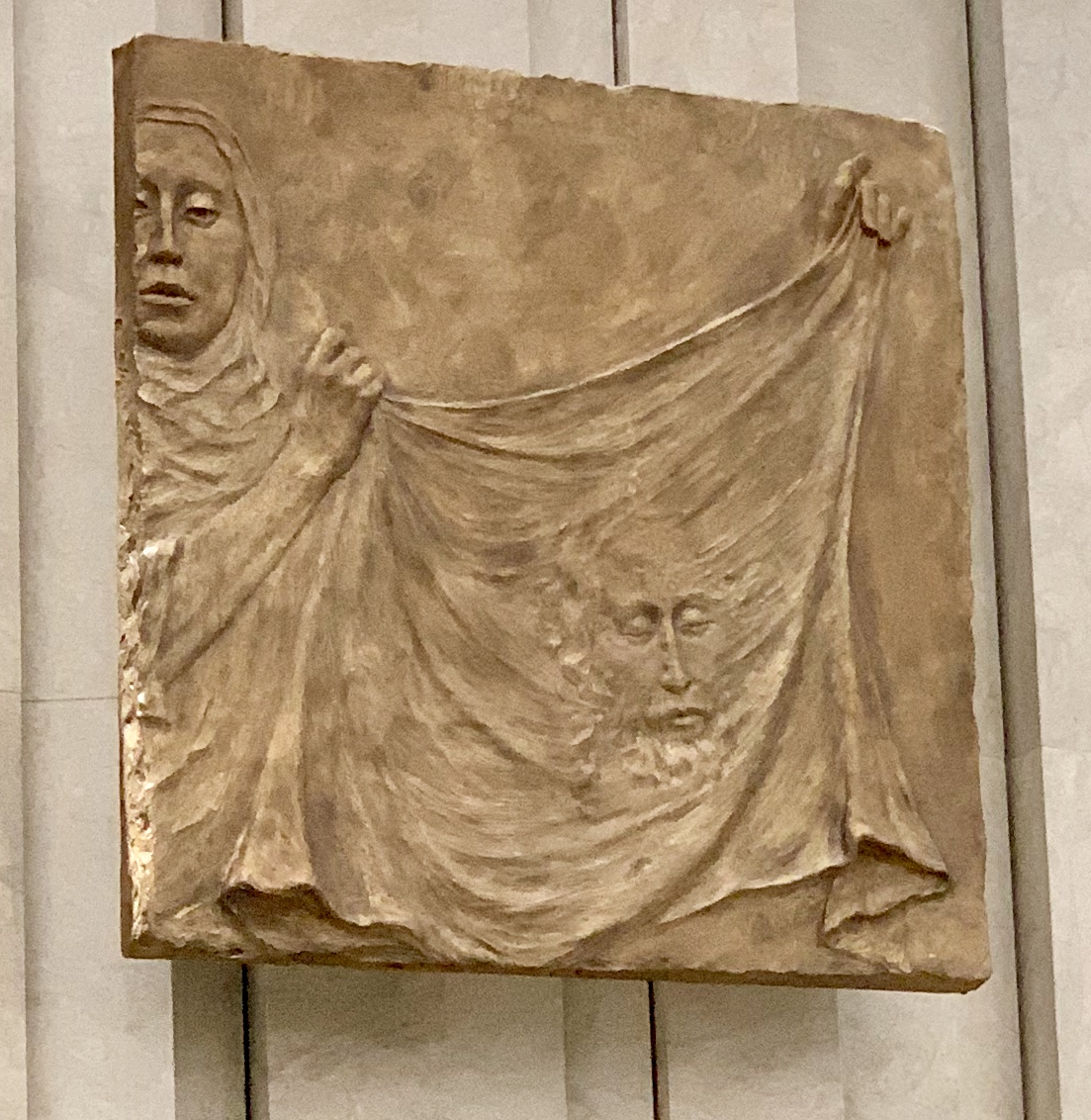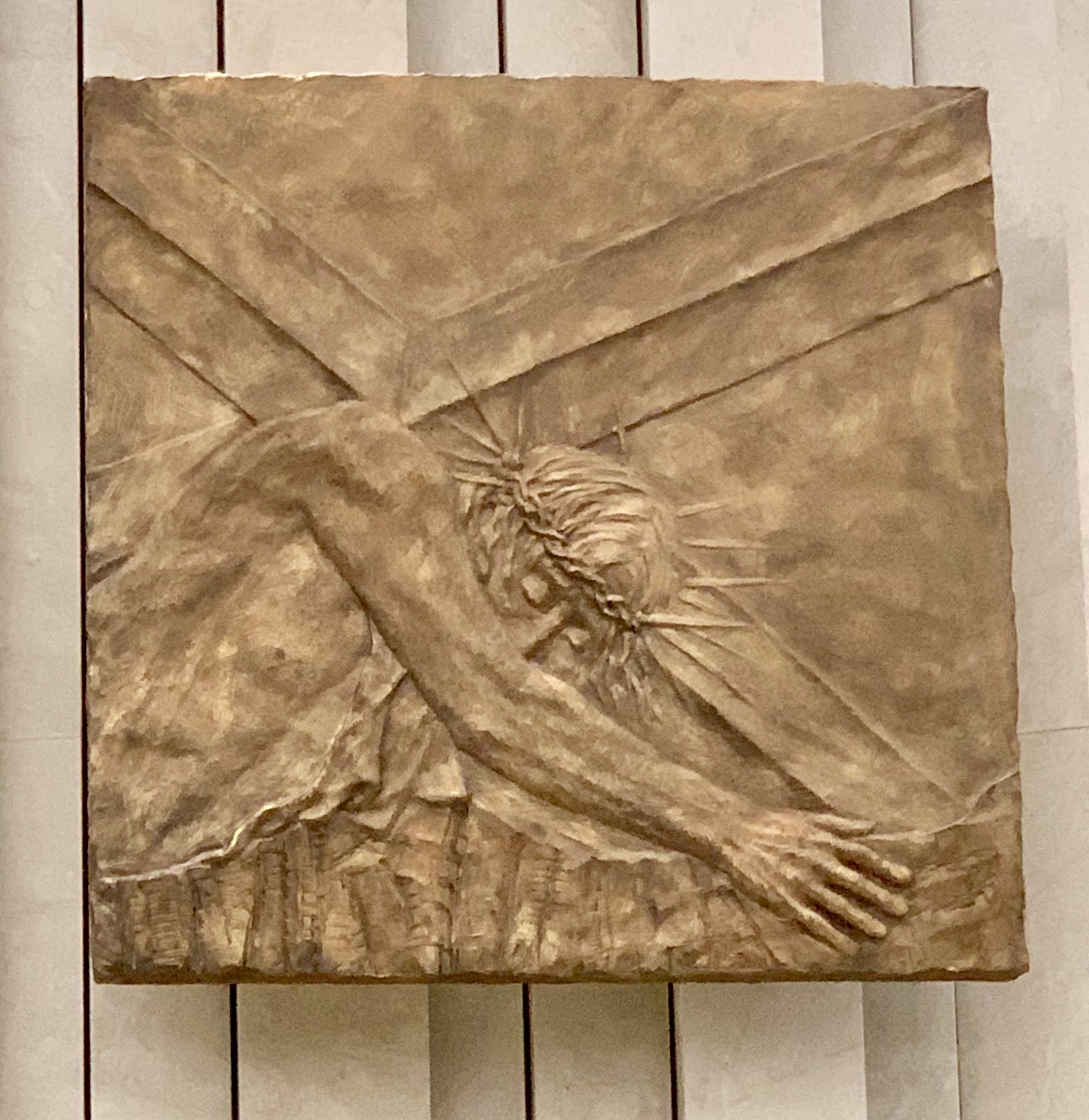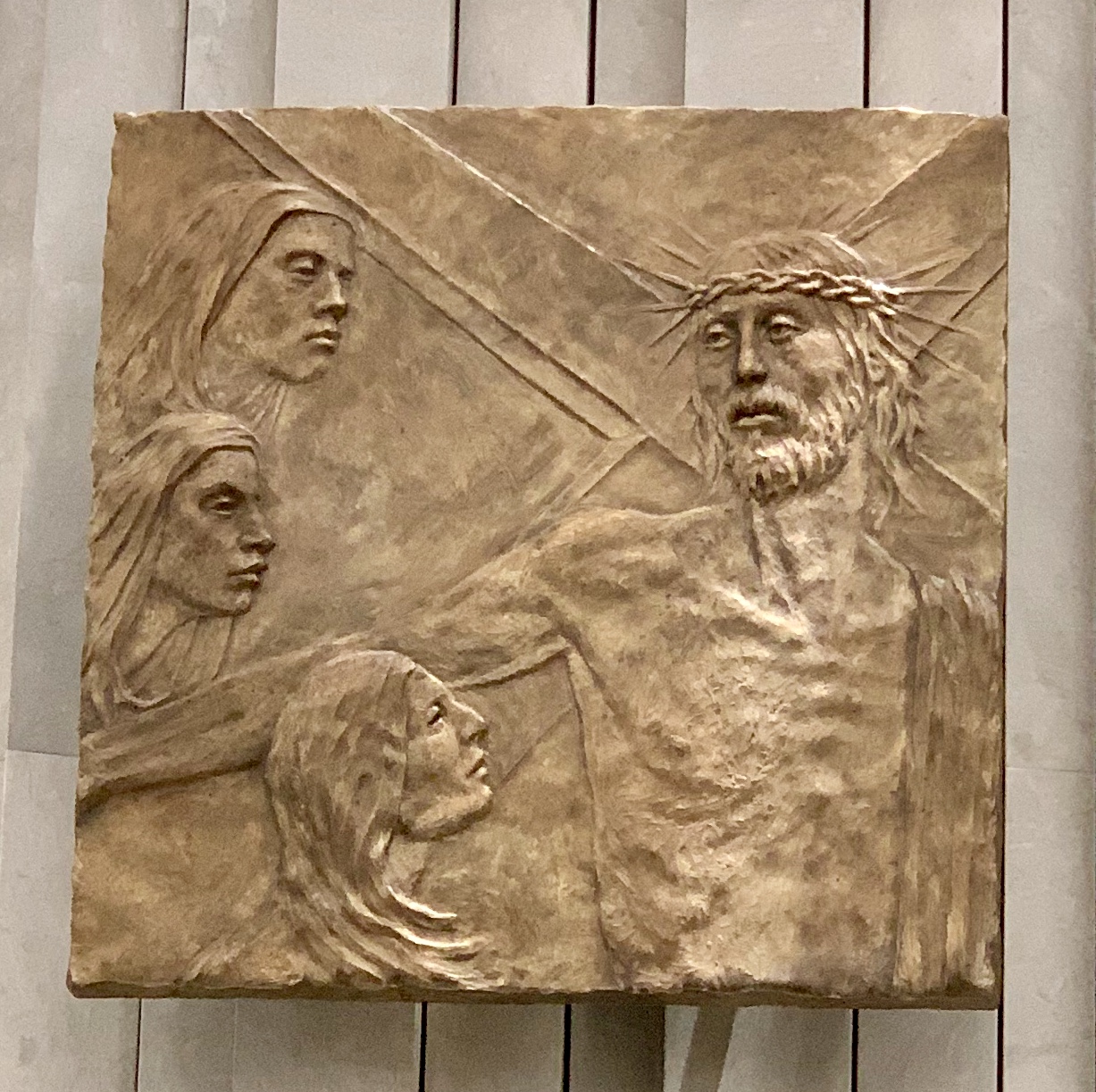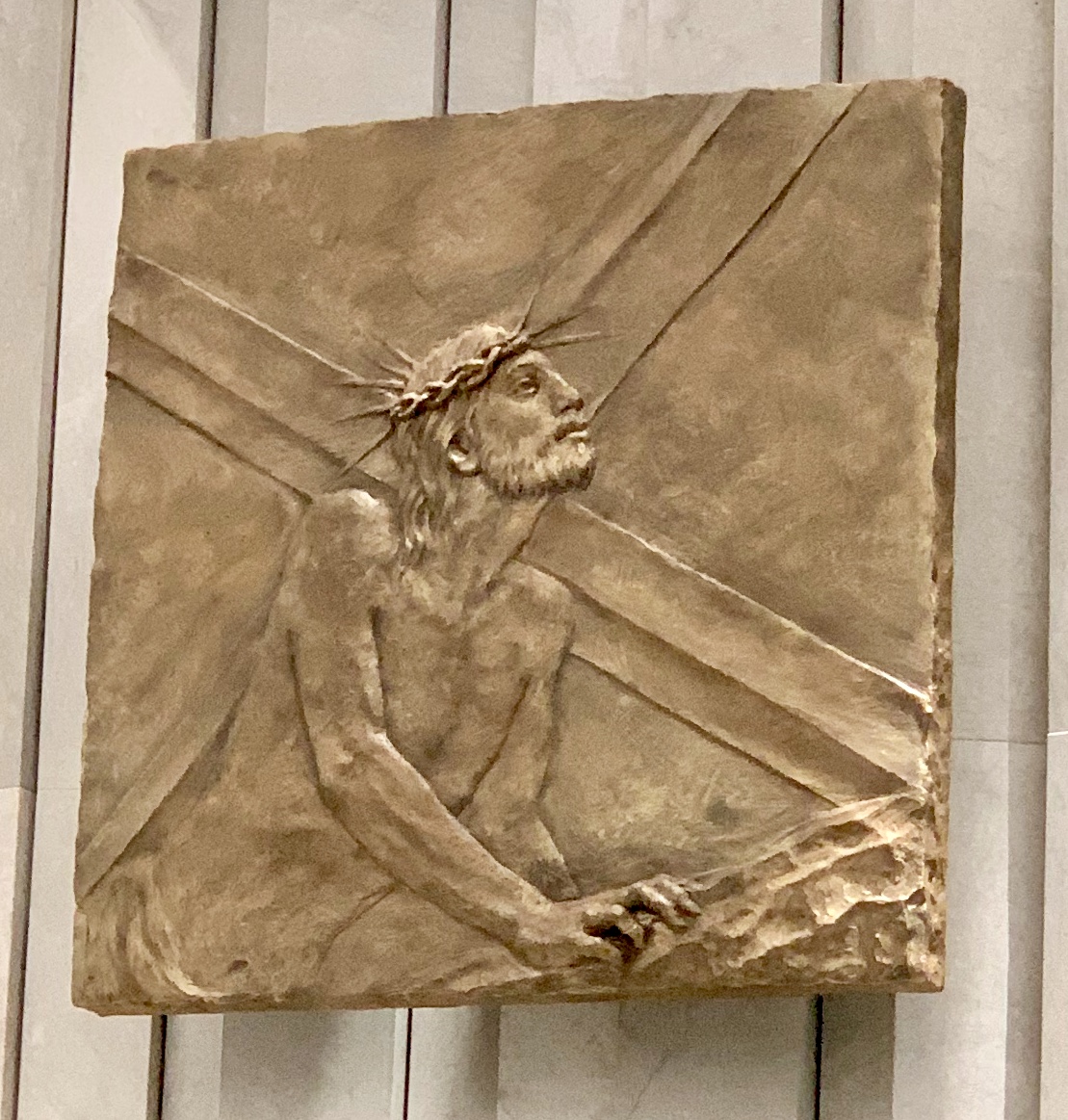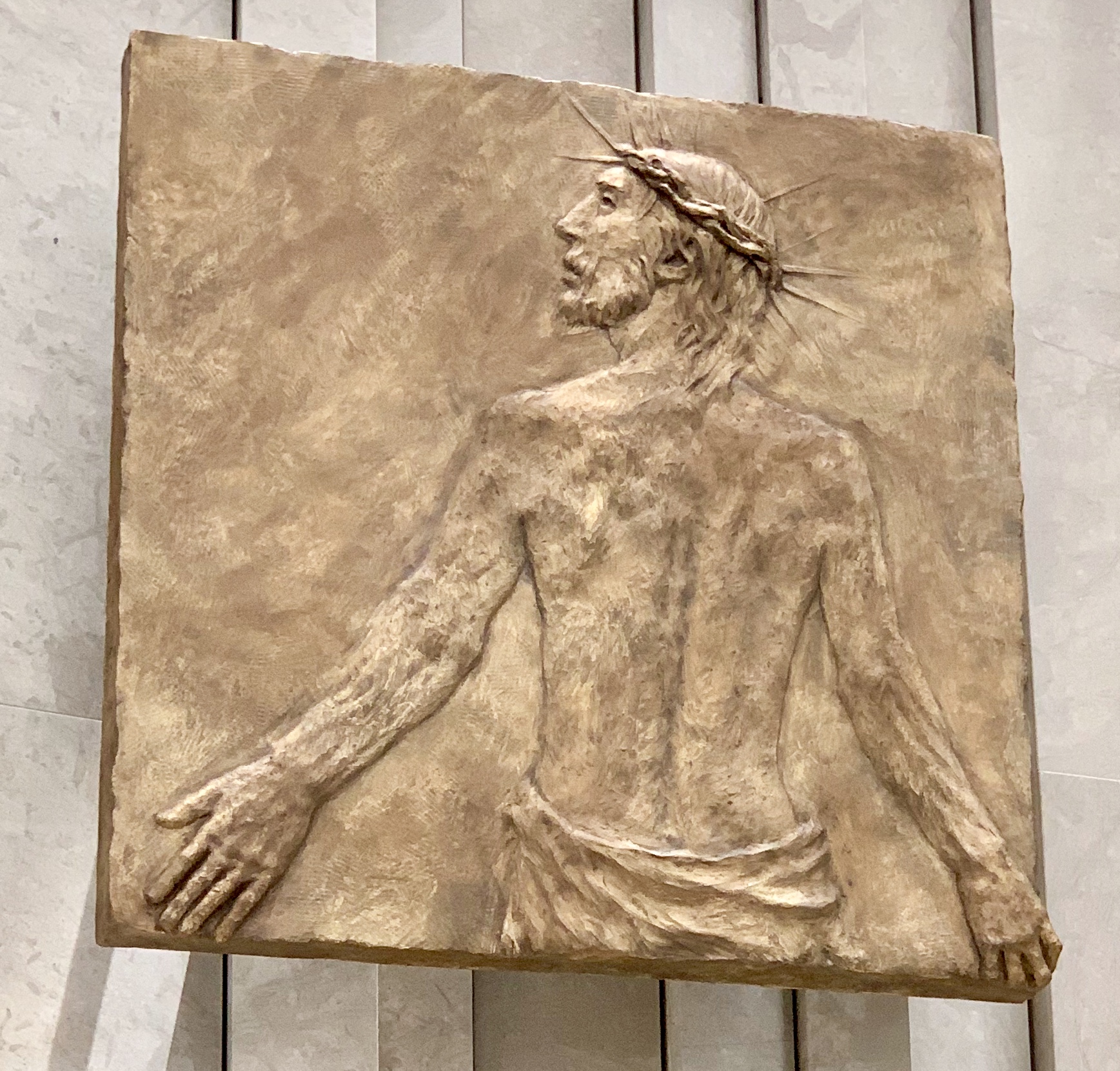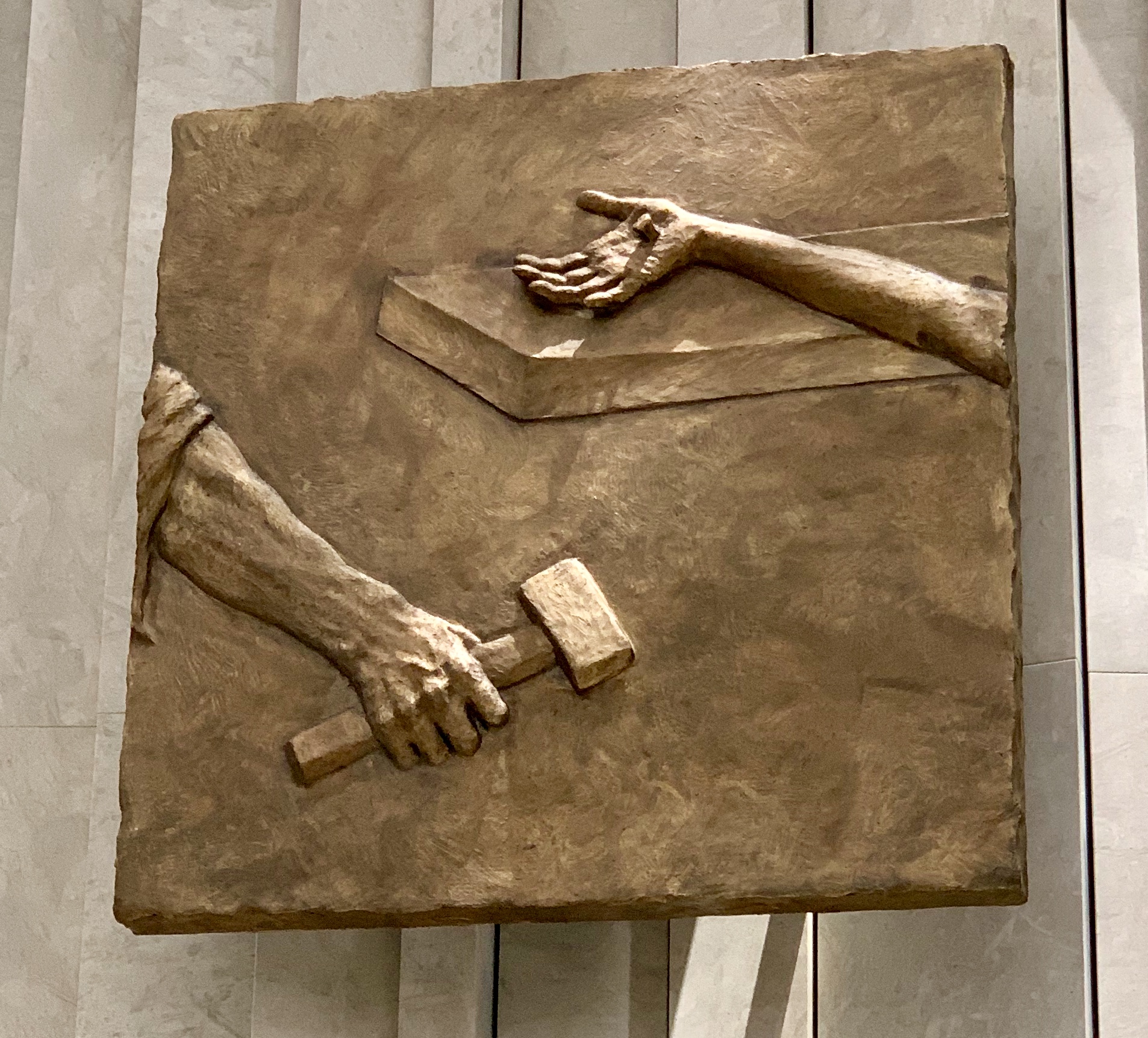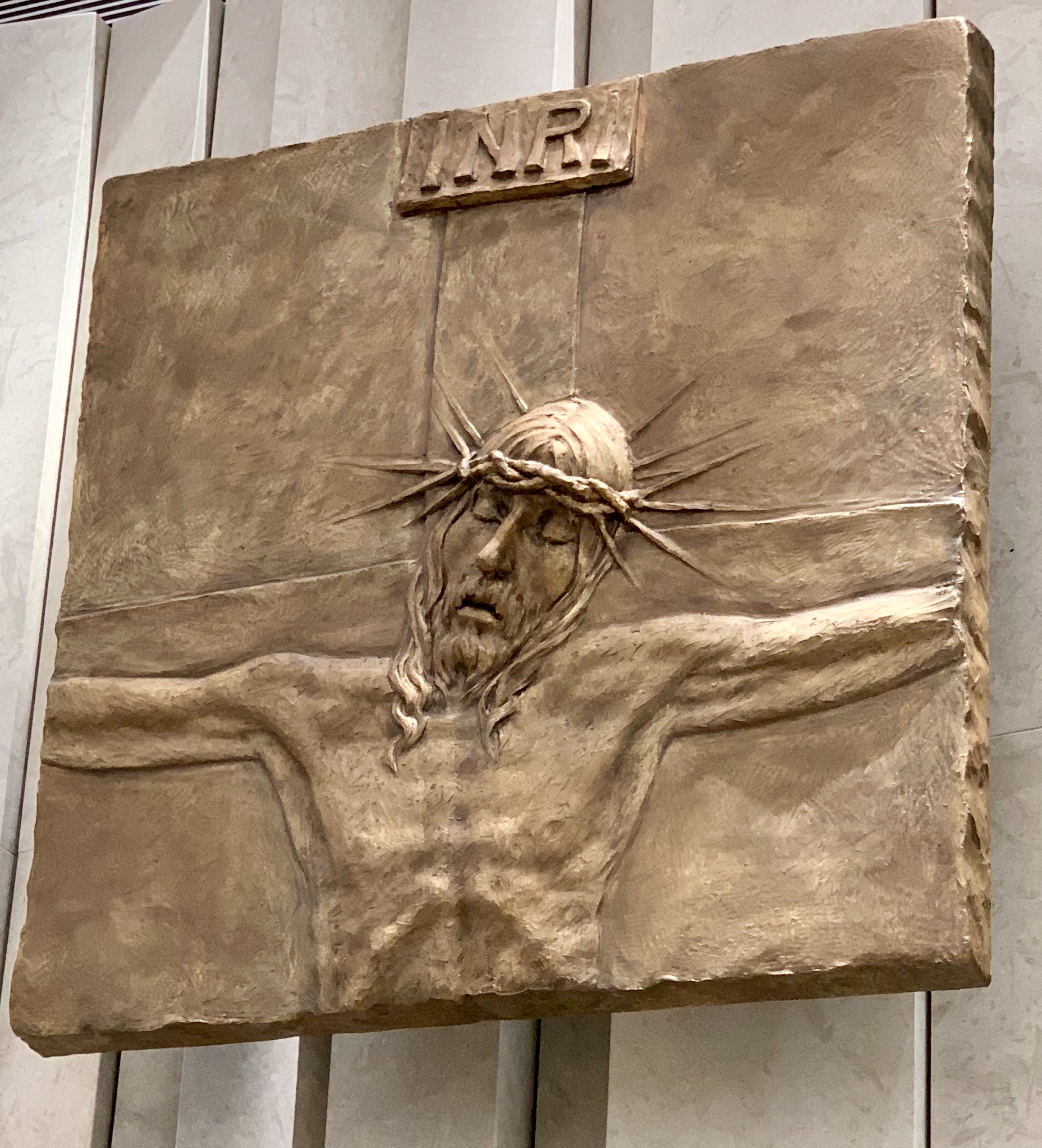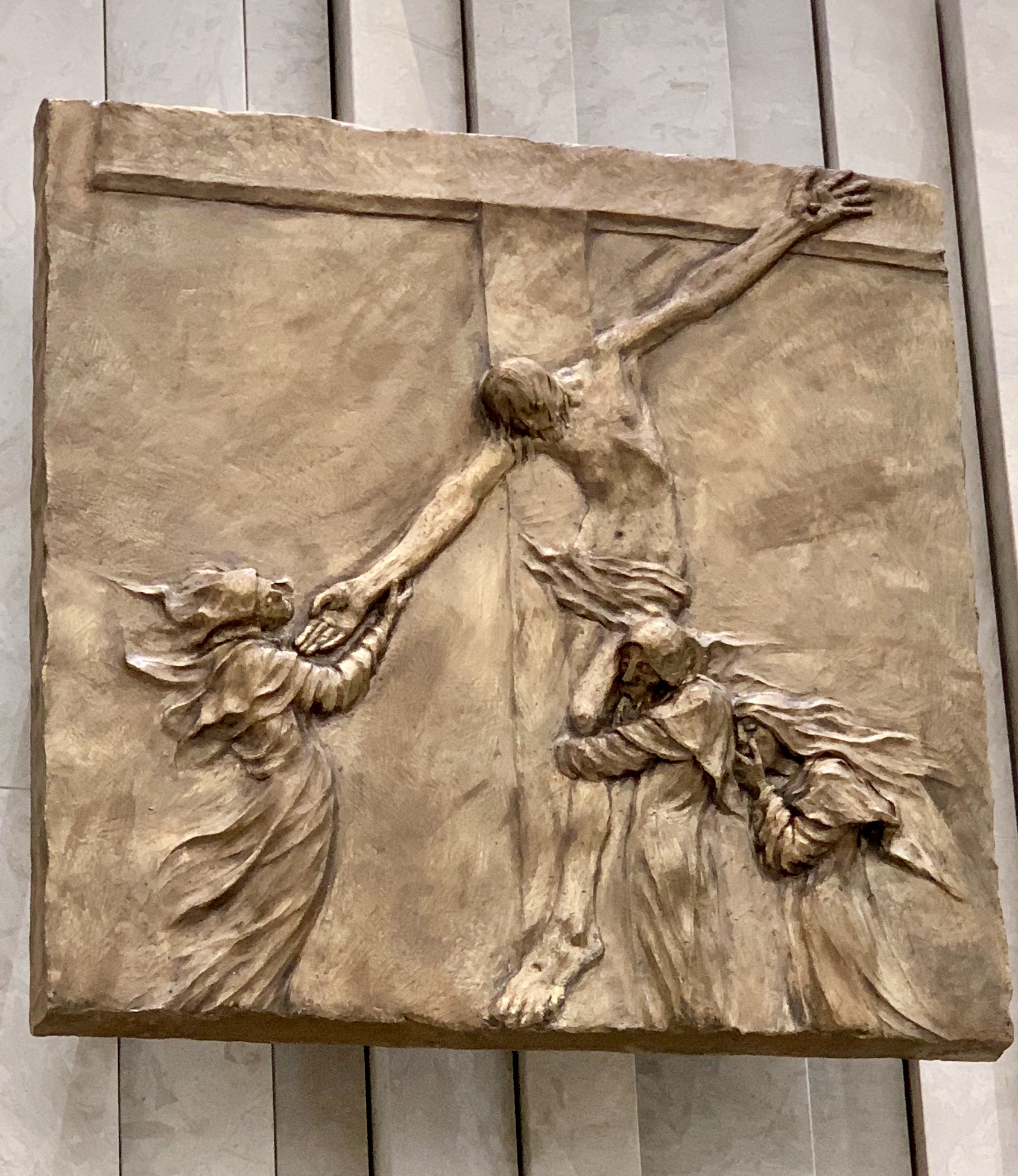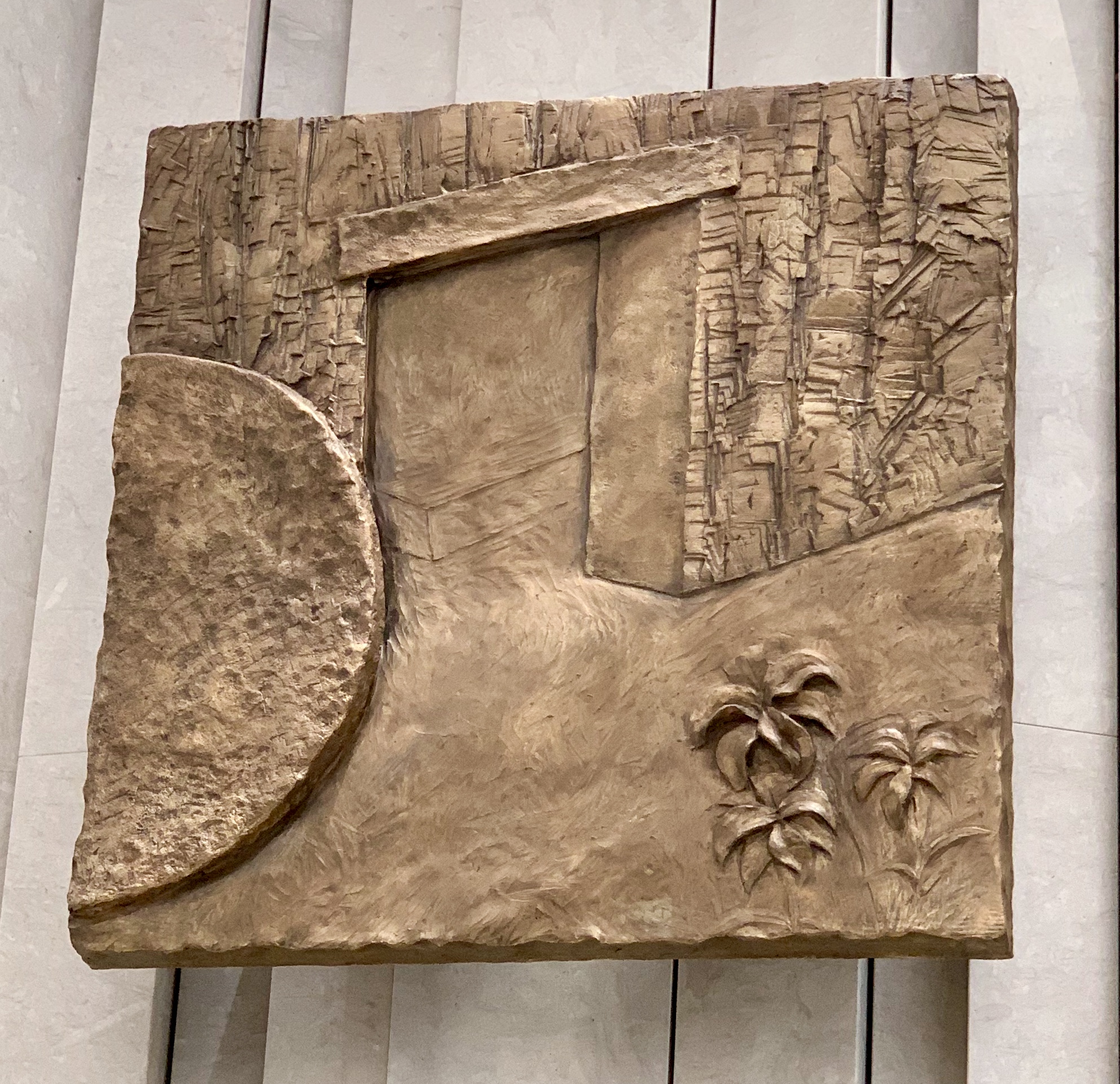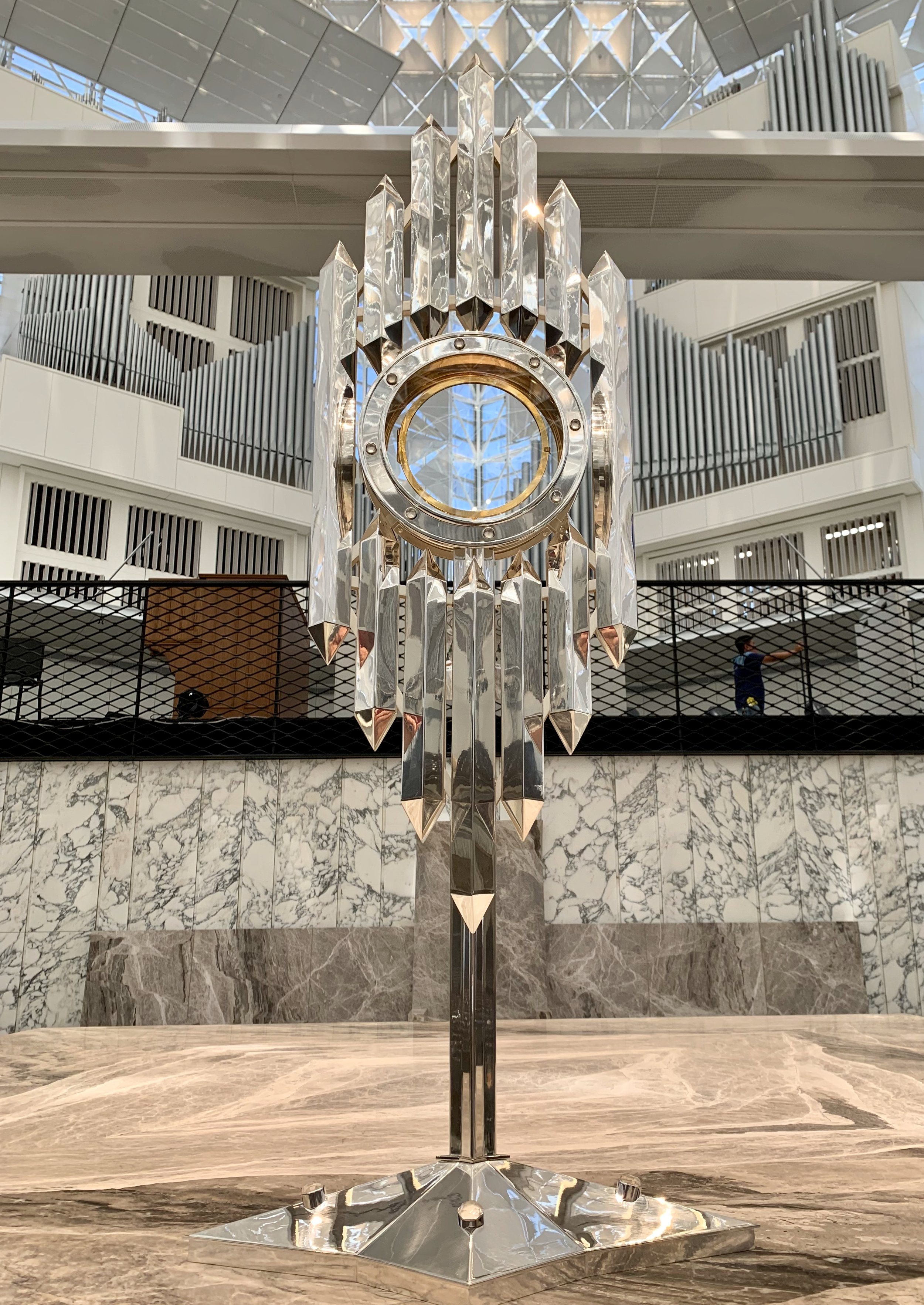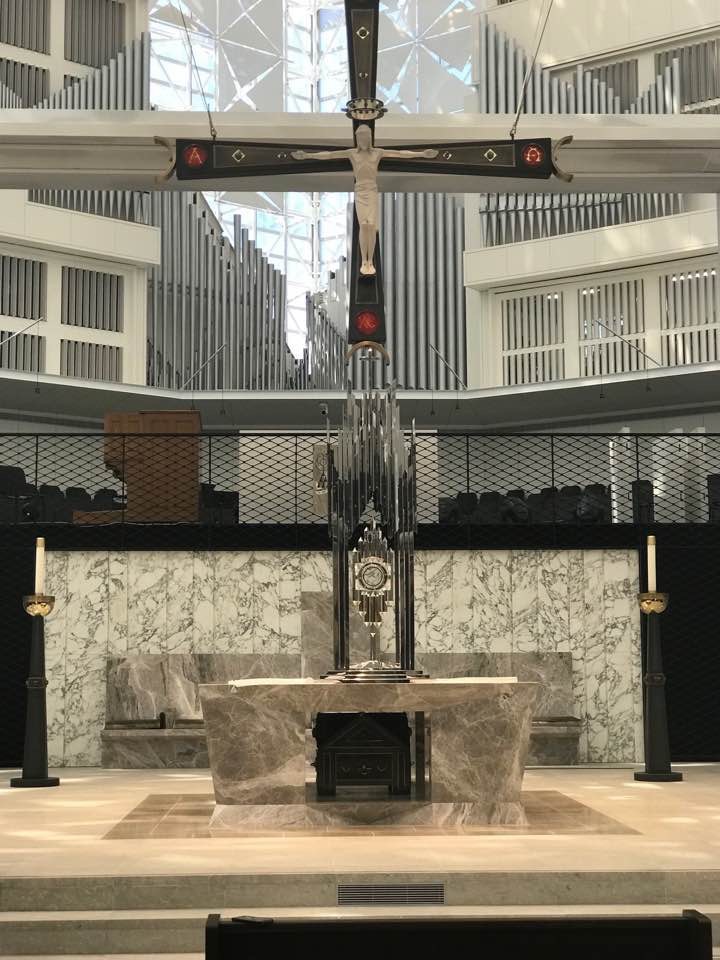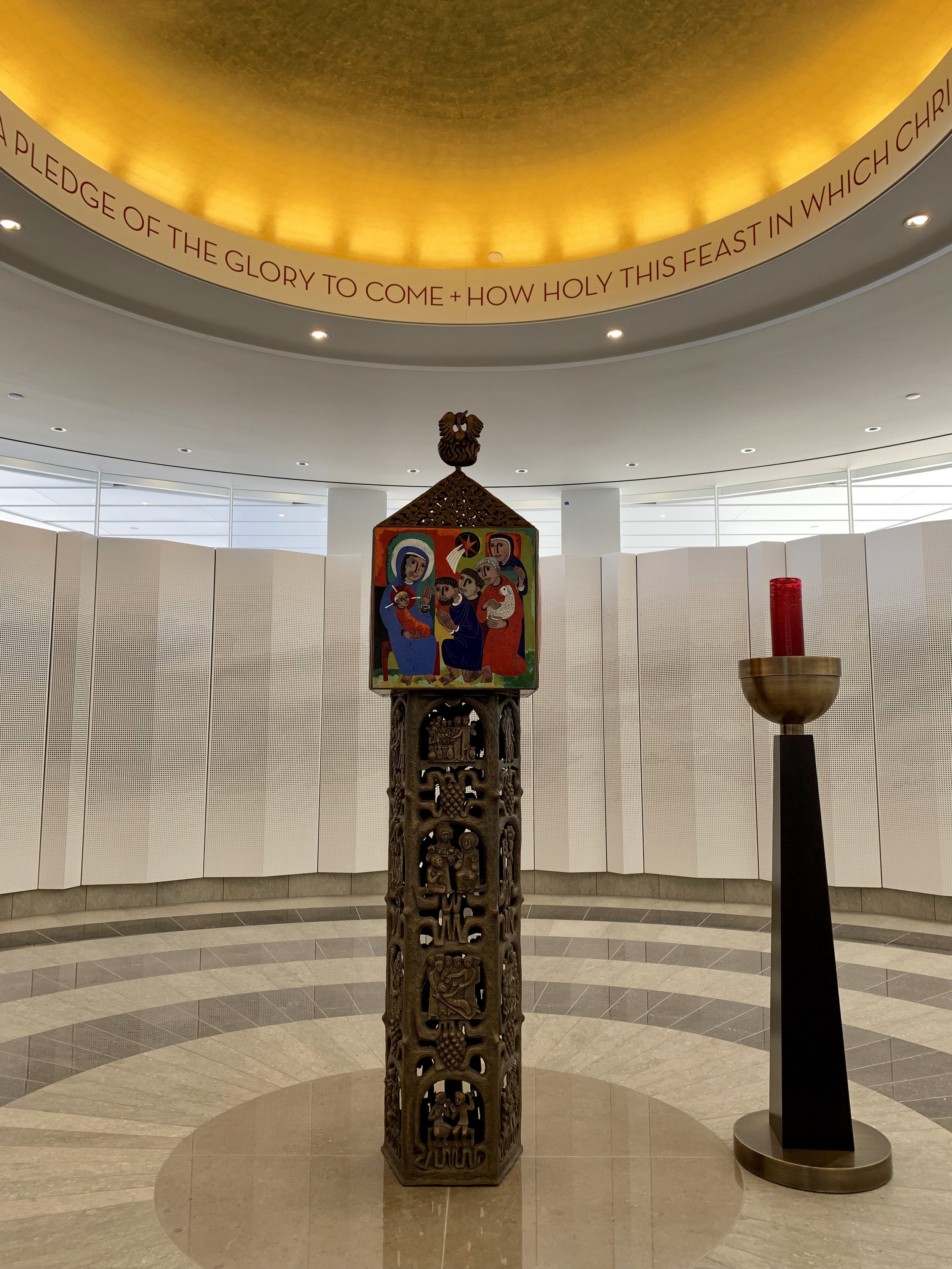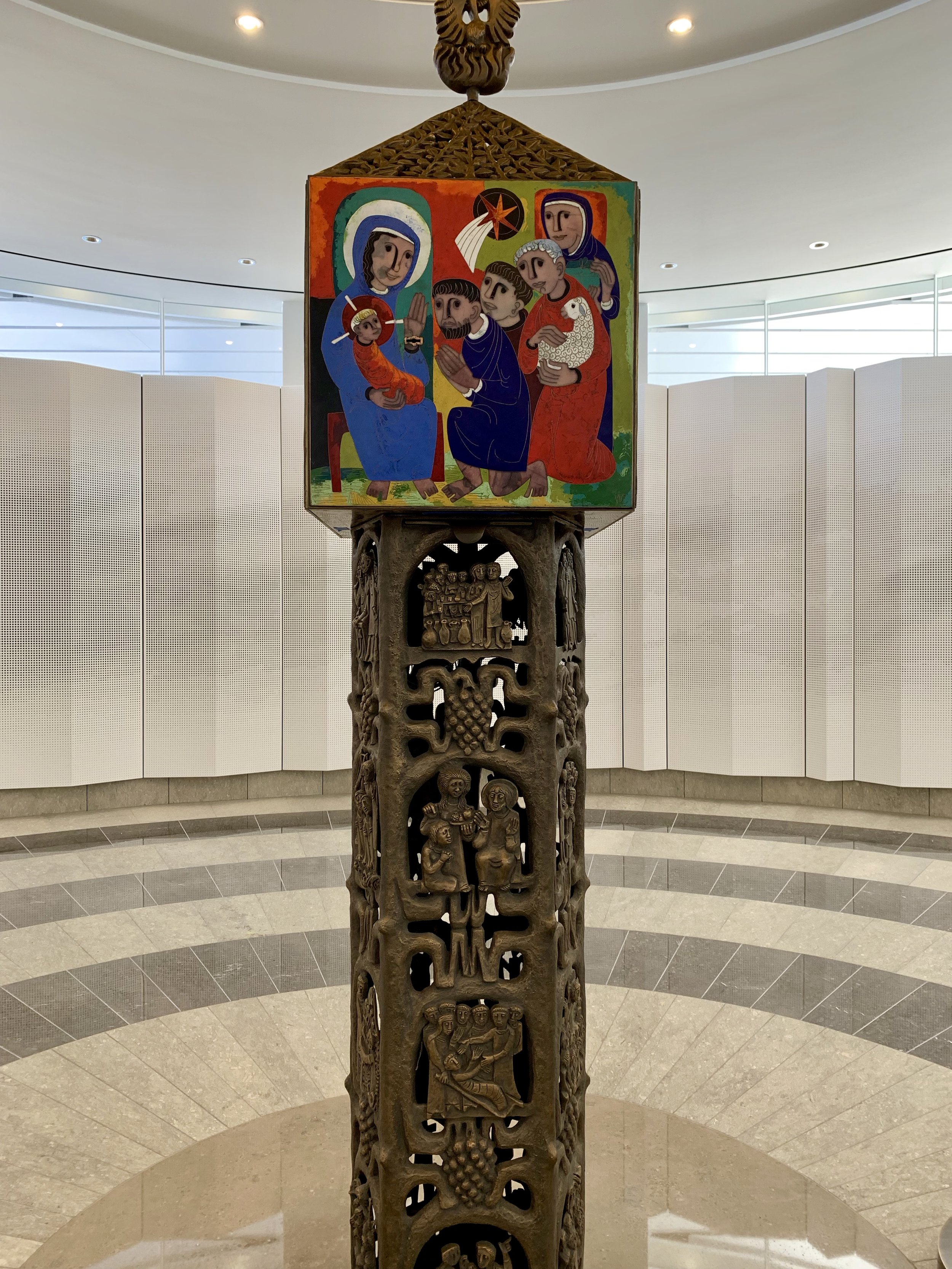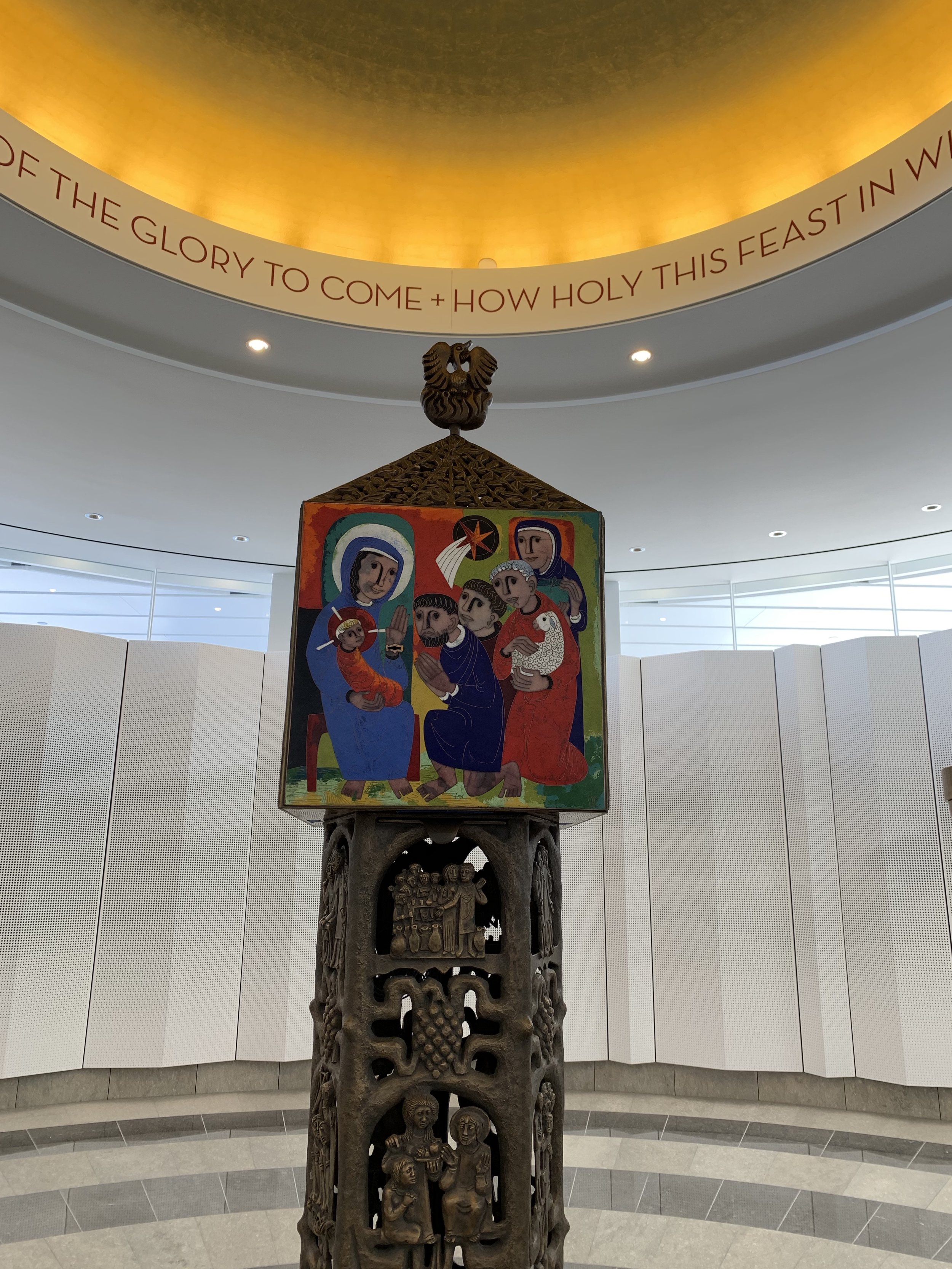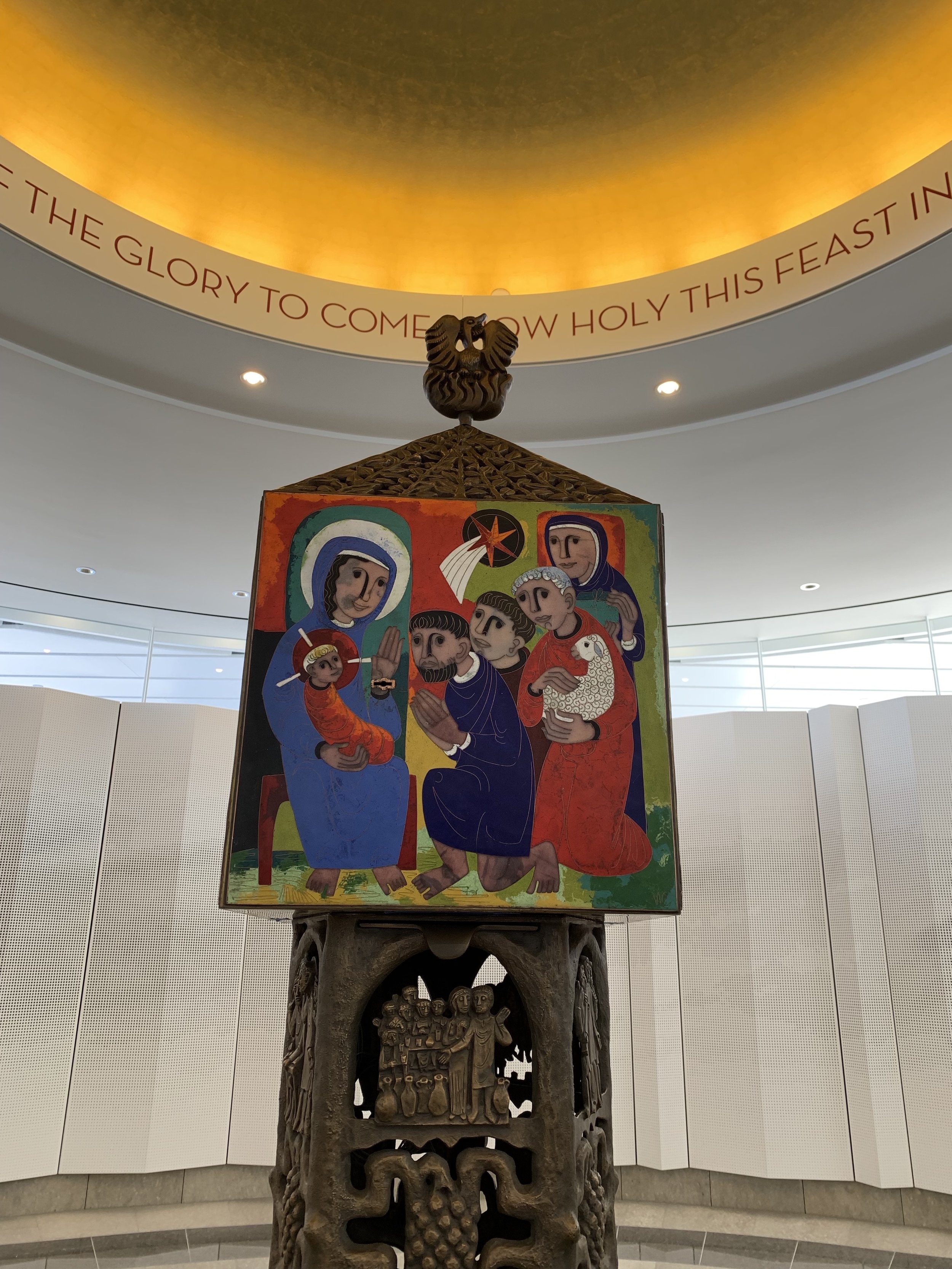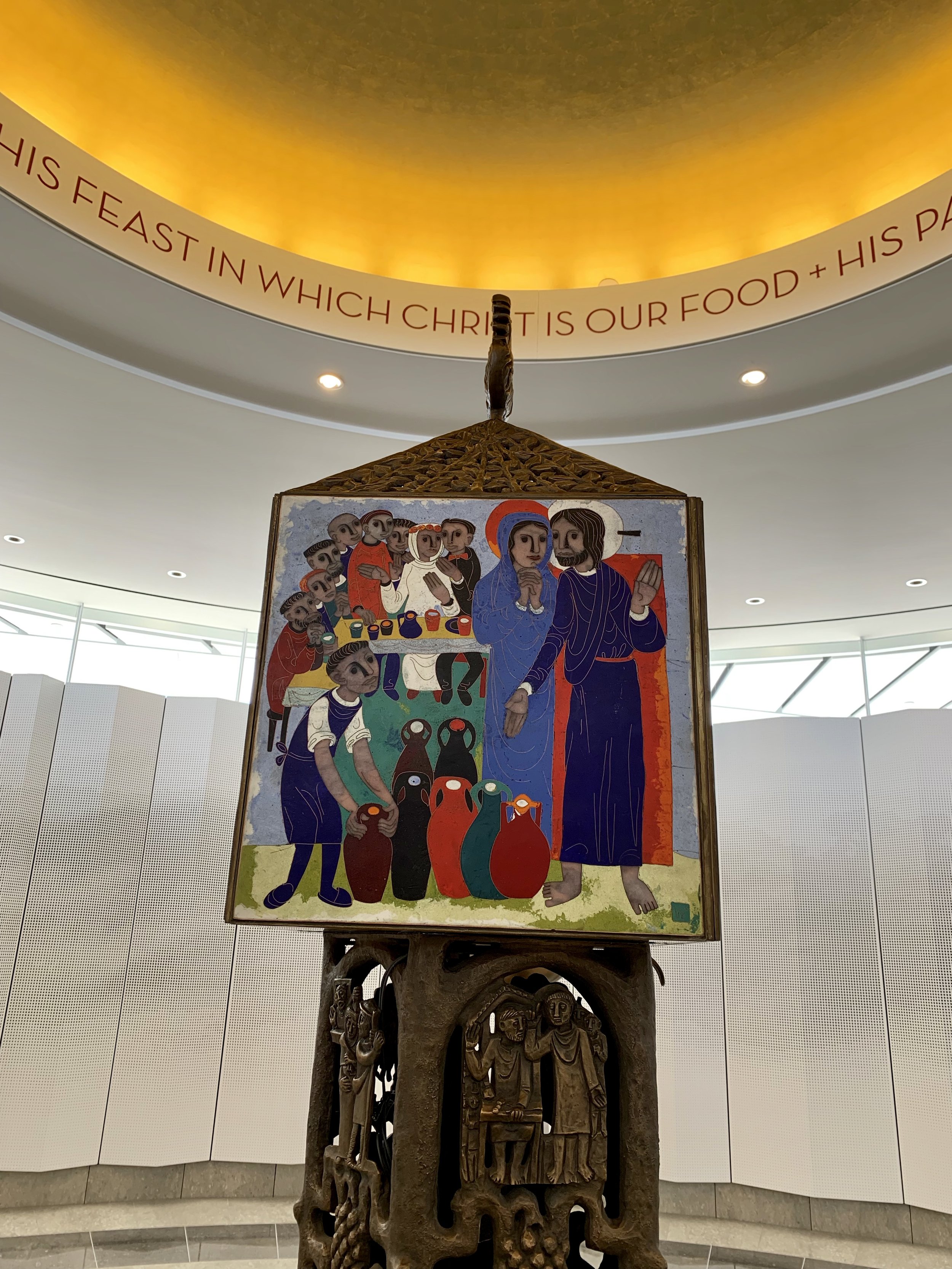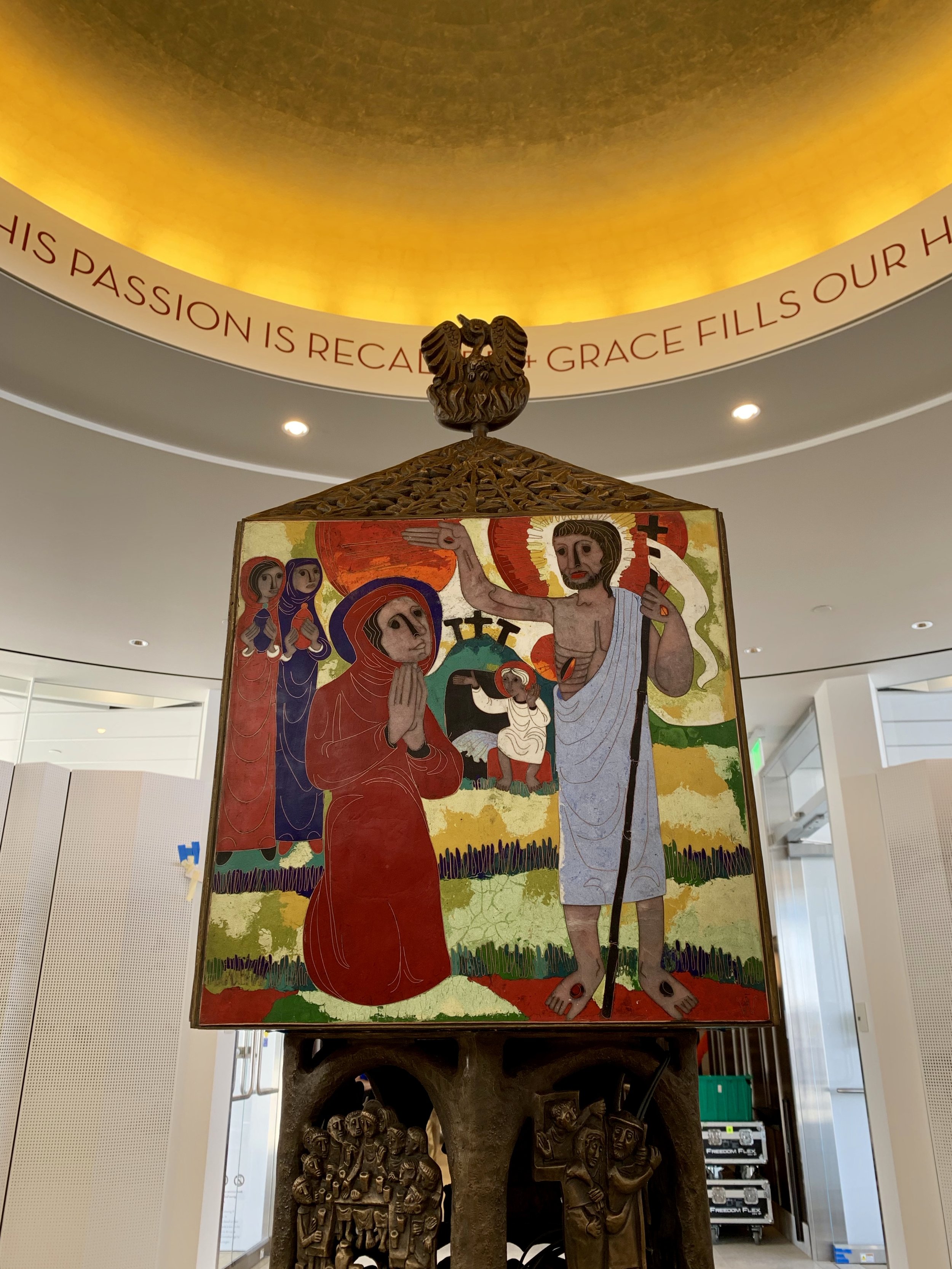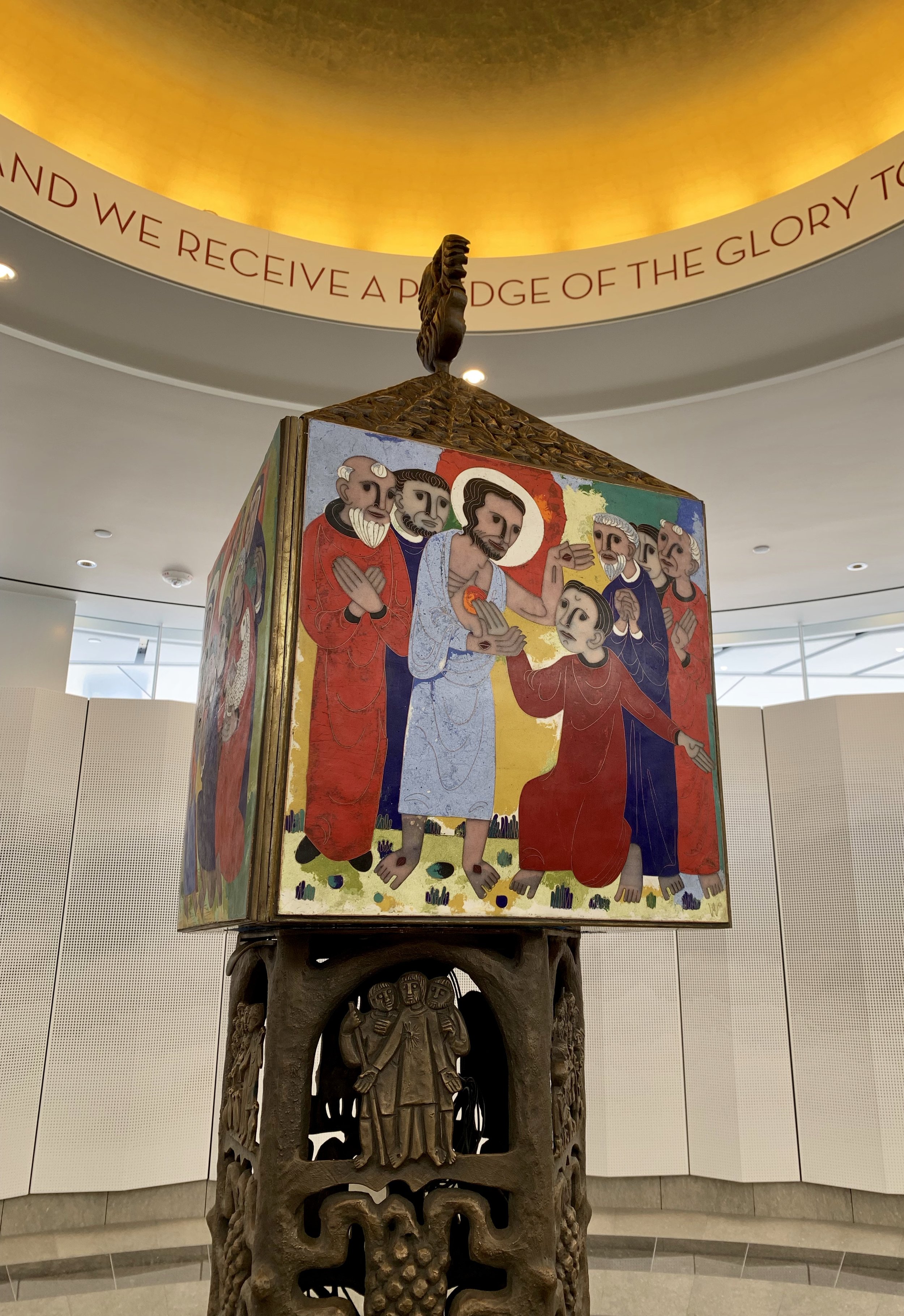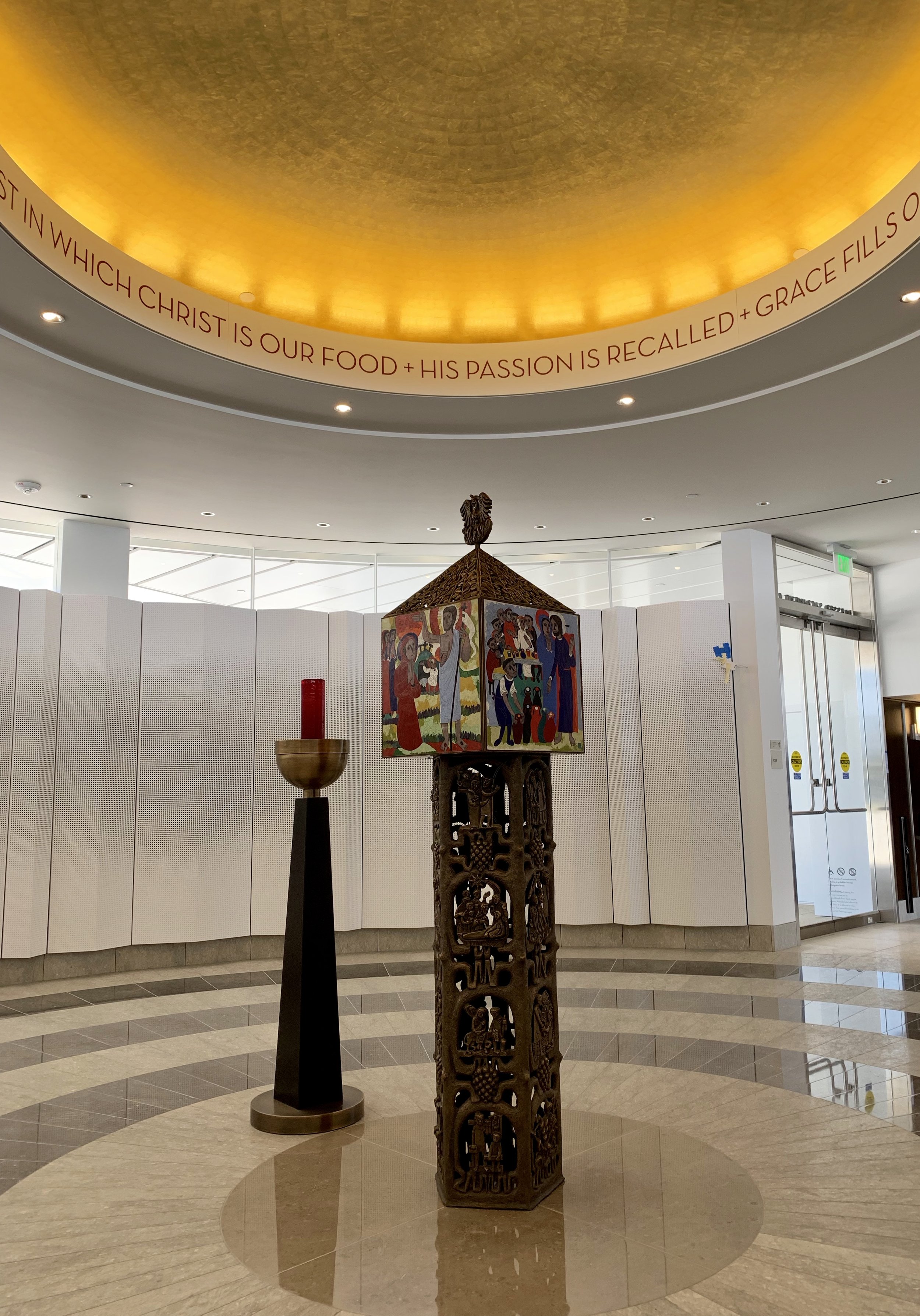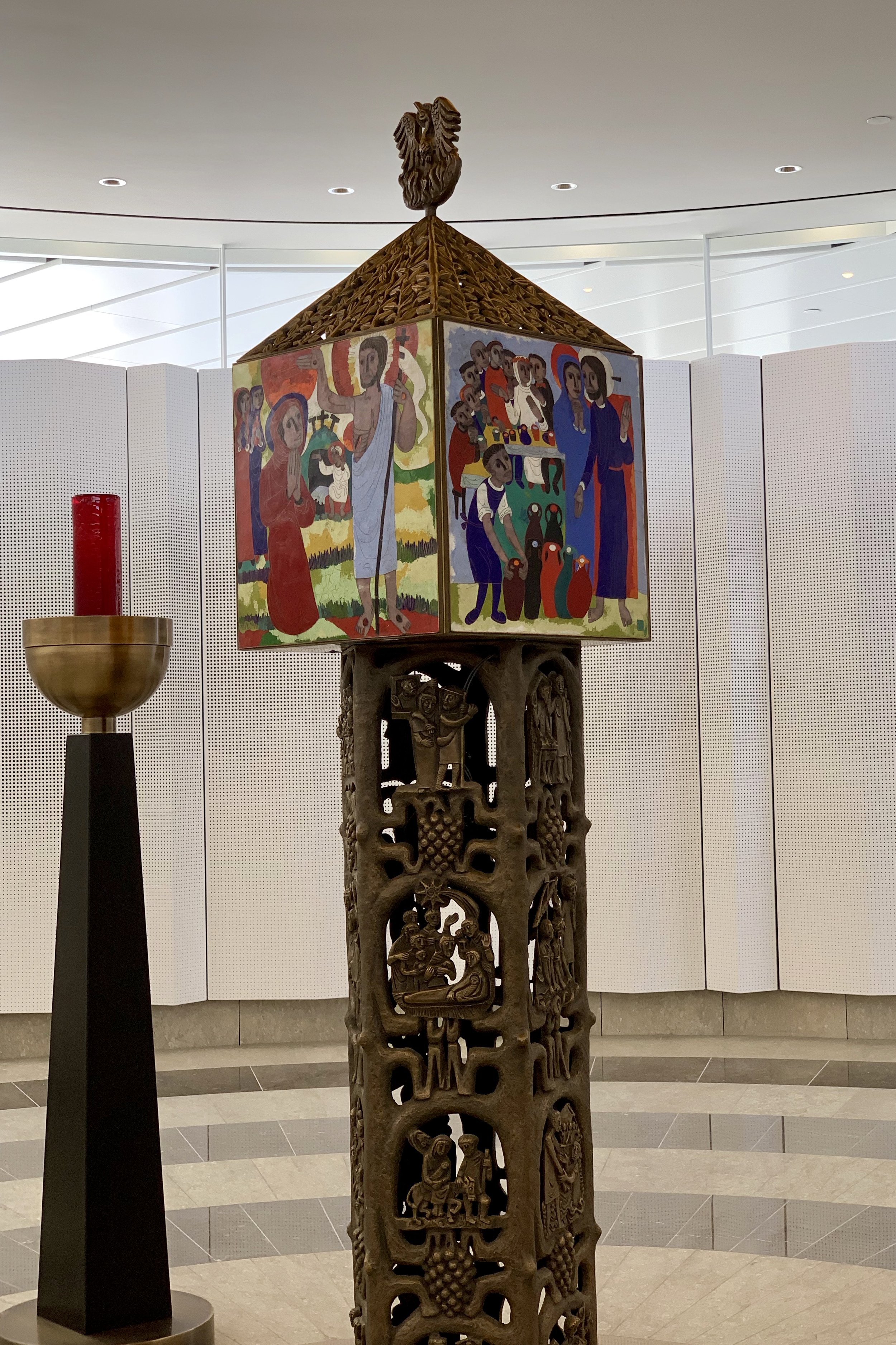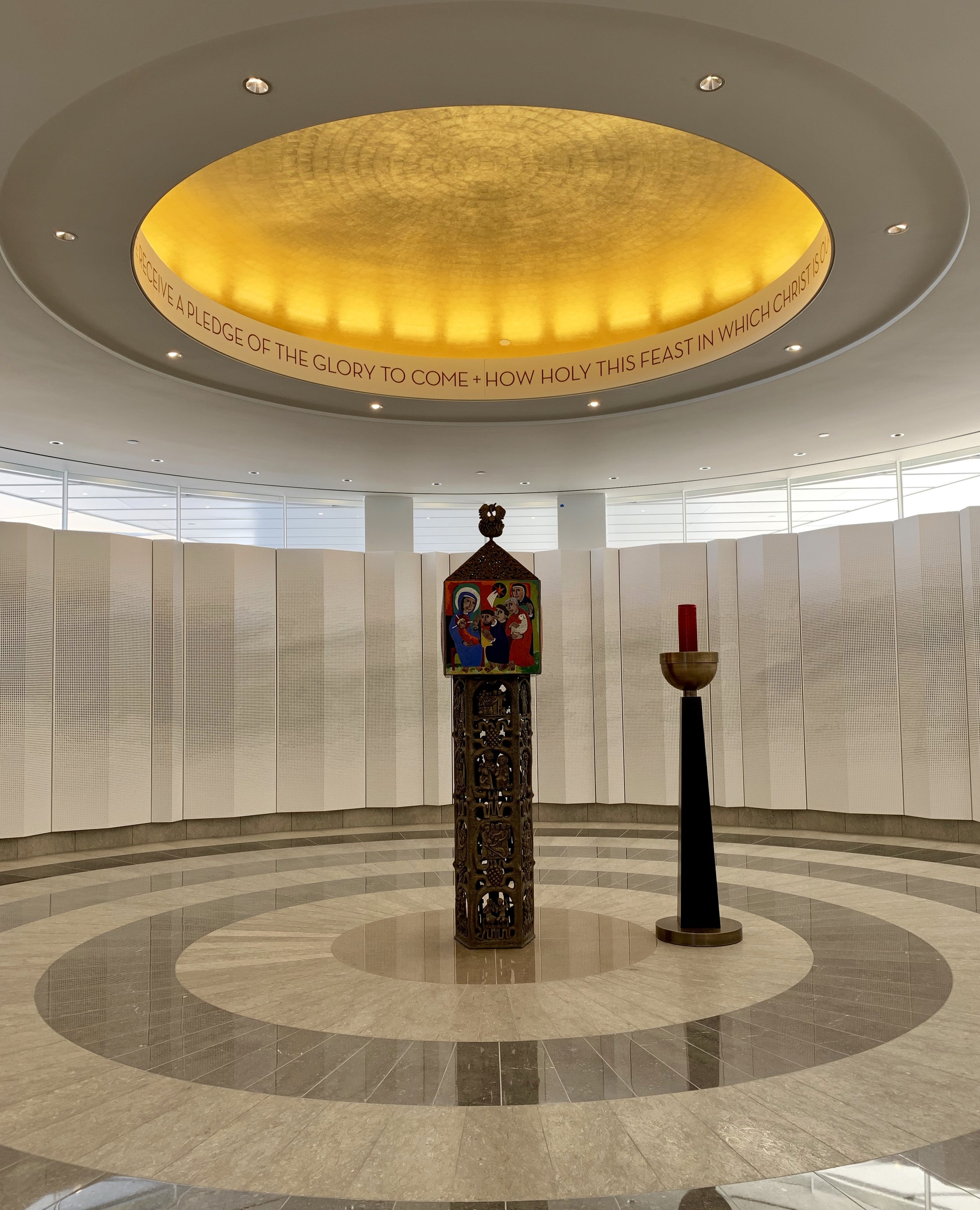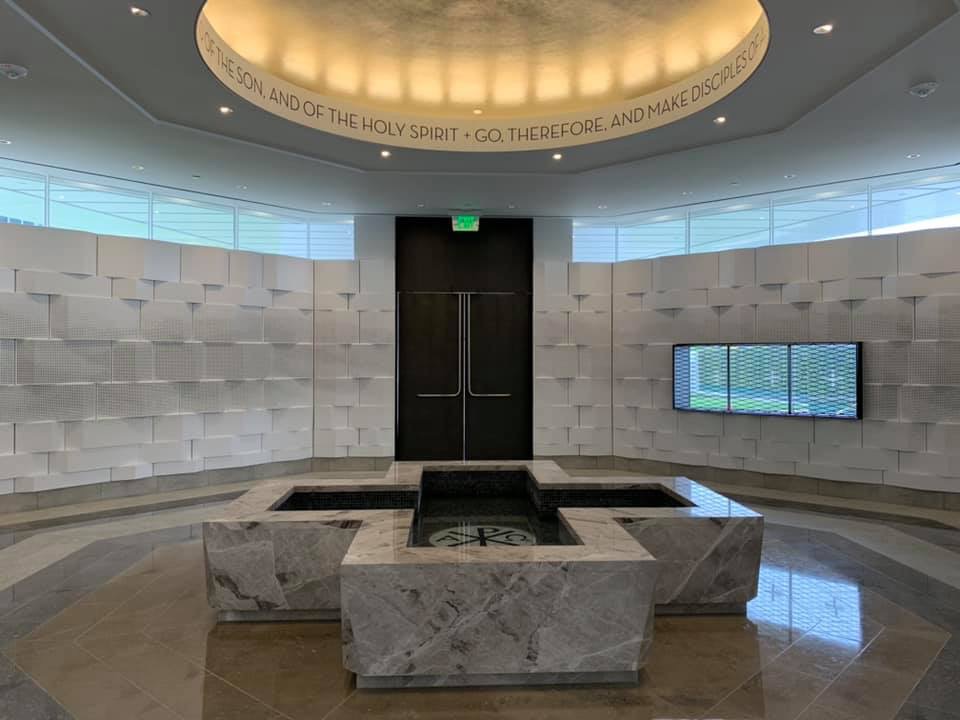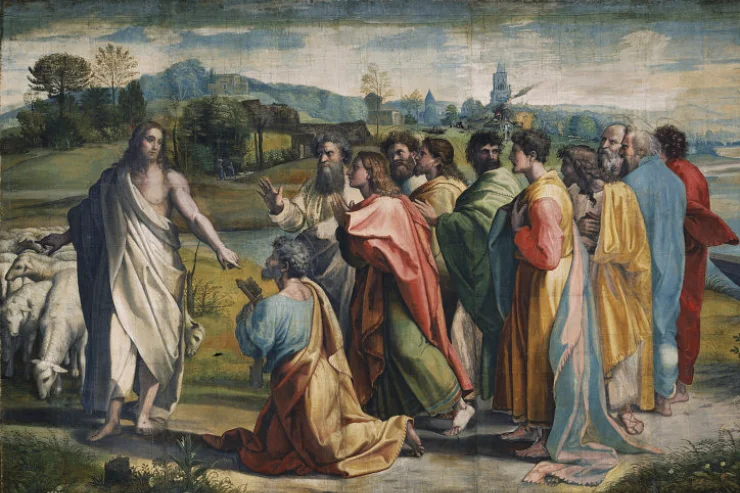Walk down the aisle of any supermarket. Scan the ads in any popular magazine. Watch the commercials on TV. One word recurs in ever fresh combination: “new.” It if isn’t a new look, it’s a new taste, a new feeling, a new formula. Everyone with something to sell seems to be promising us something new. Self-help books offer us a whole new life, or at least renewed physical and mental health, if only we will follow their directions. And during political campaigns candidates promise us a new society, a new frontier, new ideas, or at least a new approach.
How many of these promises are fulfilled? Not many. Today’s shiny new car becomes tomorrow’s shabby trade-in. The self-help books turn out to offer not the new life they promise, but at best improvement in the old life we already have. And we all know what happens to campaign promises after the election.
Is life a cheat? Is the universal longing for newness to which all these promises appeal doomed to be forever frustrated? To these nagging questions our second reading returns a ringing and confident No. “The One who sat on the throne said to me, ‘Behold, I make all things new.’”
The Book of Revelation, from which those words are taken, describes in language of poetic imagery the author’s vision of heaven. It might seem, therefore, that this promise of One who makes all things new belongs not to this world but to another: “Pie in the sky when we die,” as the old saying has it. Completefulfillment of this promise does belong to the life beyond death. But it is part of the gospel or good news of Jesus Christ that God offers us here and now a foretaste of that new and better life which, in its fullness, will be ours hereafter.
The Lord who makes all things new does this in many ways. Let me speak about just one. It is indicated by the words that the author of Revelation heard in his vision: “Behold, God’s dwelling is with the human race. He will dwell with them and they will be his people and God himself will always be with them as their God.”
That assurance that God is always with us evokes a ready response. Deep in every heart there is a longing for a companion, a friend, a lover, who will accept and love us just as we are; who will support us in sorrow, share our joys, help us to rise above failure and injustice; who will be with us always.
When we were little children our parents did this for us, if they were good parents. Few things are more devastating for a small child than to be suddenly separated from Mummy or Daddy. Across the span of seventy years I can still recall my feeling of panic when, on my first day at school, I found that my mother had slipped away without my noticing. I realize now that she wanted to spare me a wrenching and tearful farewell. At the time, however, I was crushed.
We have all had experiences like that. We carry those childhood hurts into adult life, still secretly afraid that we shall be hurt again; that our efforts at friendship and love will be rebuffed; that we shall be let down, hurt, abandoned, by someone we love and trust. When we are, the old wound is reopened, and our fear of loneliness is reinforced.
To those oppressed by loneliness (and which of us is not, at some time or another?) the Lord proclaims: “Behold, I make all things new.” When no one else understands, there is One who does understand. When everyone else seems to ignore us, to reject us, to condemn us, there is One who accepts us. When I cannot find one other person to accept the love I long to give, and to receive, there is One who does accept: who loved me beforeI loved him, who loves me more than I can ever love him, who will go on loving me no matter what. His name is Jesus Christ. He is the One who makes all things new.
Jesus knew greater loneliness than we shall ever experience. The gospel reading we have just heard opens with the departure of one of Jesus’ closest friends, to betray him. Yet Jesus’ first words after this devastating blow speak not of defeat, but of victory: “Now is the Son of Man glorified, and God is glorified in him.”
What gave Jesus that breath-taking ability to view betrayal not as defeat but as victory? It was his faith in a God who does indeed make all things new. God fulfilled that promise for his Son, however, not by delivering Jesus from death, but by raising him on the third day to a new life beyonddeath. In his resurrection Jesus experienced the fulfillment of the great promises contained in our second reading. On Easter morning God wiped away all tears from the eyes of his beloved Son. In his resurrection Jesus was raised to a life in which there is (to quote the words of that second reading again) “no more death or mourning, wailing or pain, for the old order has passed away.”
For us, as for Jesus on the night when Judas left to betray him, the complete fulfillment of those promises belongs to the future. As St. Paul tells us in our first reading: “It is necessary for us to undergo many hardships to enter the kingdom of God.” As long as this life continues, God’s promise to make all things new means not preservation from hardships, but support amidhardships.
The Lord’s promise to make all things new is not like all those other promises I mentioned at the start. It is a glorious reality. But it is a reality which is both present and future. We live at the intersection of the “already” and the “not yet.” Already God is with us, supporting us in so many ways: through his holy word; through those personal loving encounters with him called sacraments; through our sisters and brothers. Already God is fulfilling his promise to make all things new.
Complete fulfillment of that promise belongs, however, to the “not yet.” Only in a future life will God wipe away all tears from our eyes. Only beyond death shall we experience what Jesus experienced in his resurrection: “no more death or mourning, wailing or pain, for the old order has passed away.”
Life is not a cheat. There is One who does make all things new. His name is Jesus Christ. He can make yourlife new. He longs to do so. He will never do this, however, without your consent. His assurance, “Behold, I make all things new” is certain. One thing alone is uncertain. Do you really wantthe new life that God is offering you, even now, through his Son Jesus Christ?








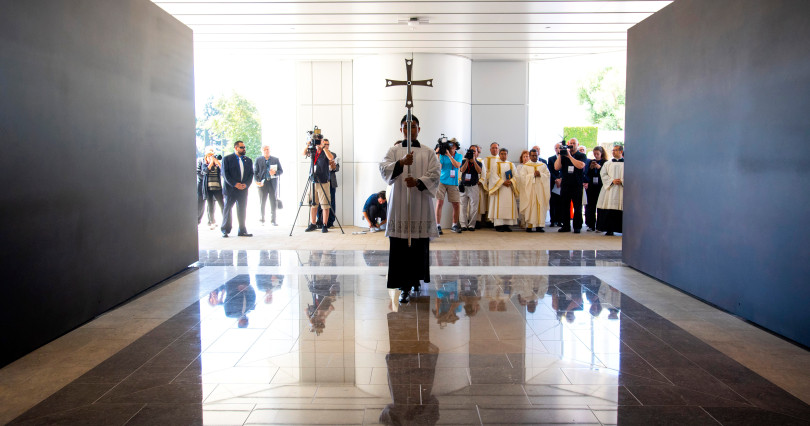

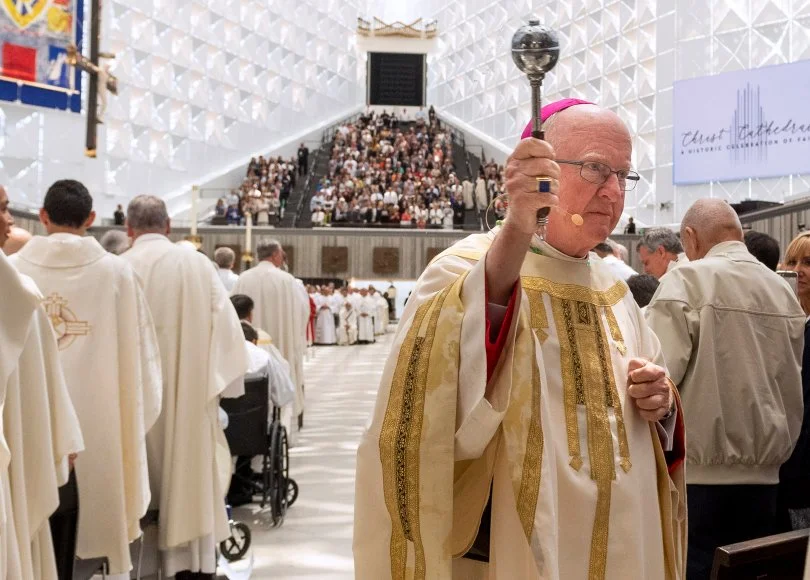

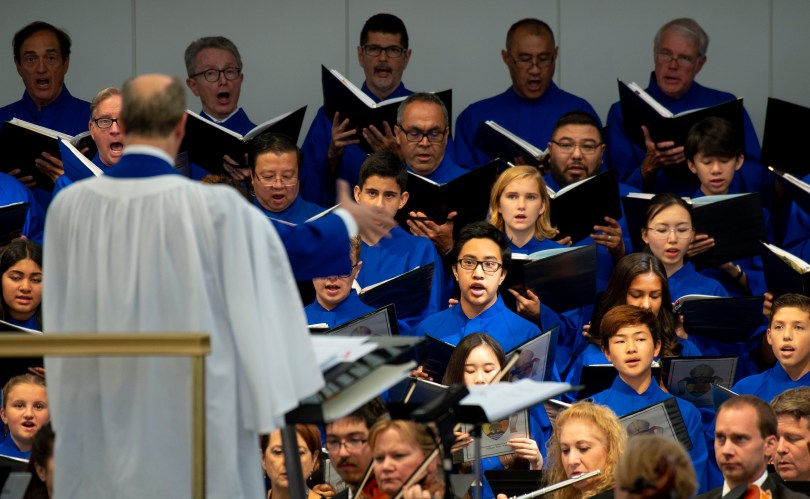











![DSC07333[1].jpg](https://images.squarespace-cdn.com/content/v1/58ab4301b3db2bfa5dffc5cb/1563672287874-XST3R58CAZH7LVA59HJP/DSC07333%5B1%5D.jpg)














